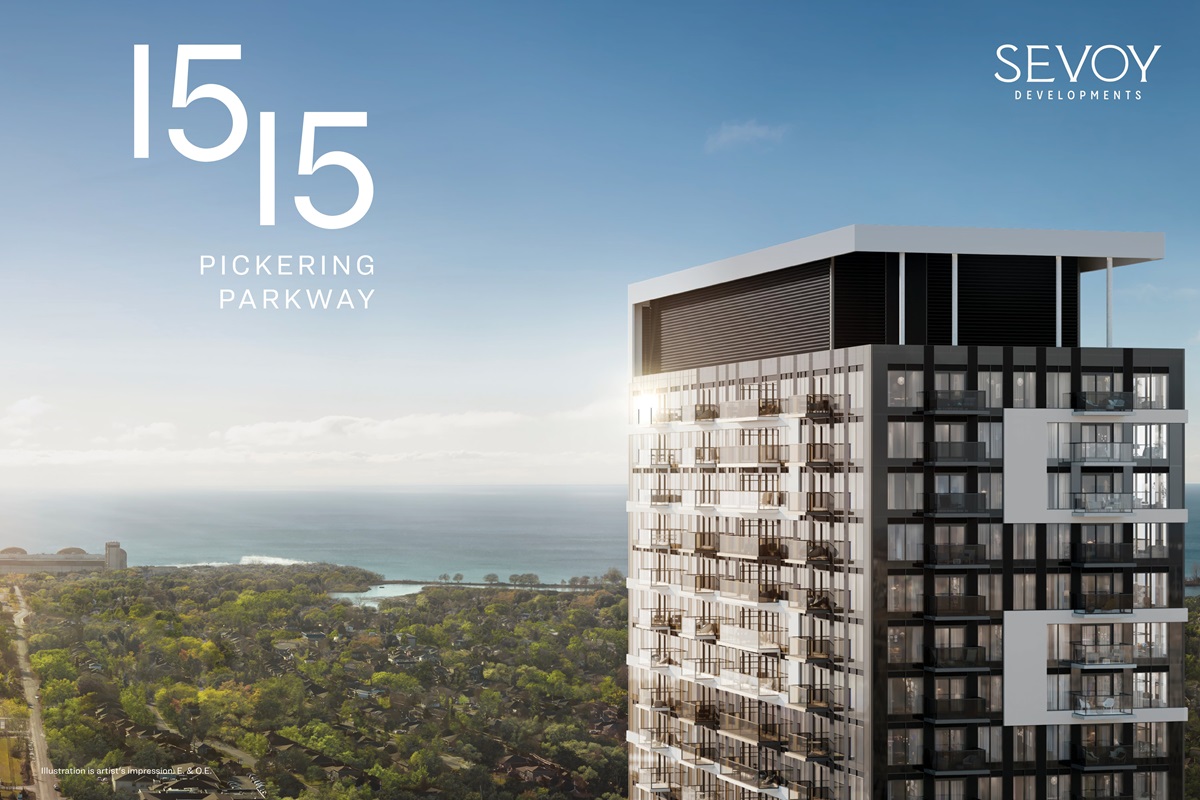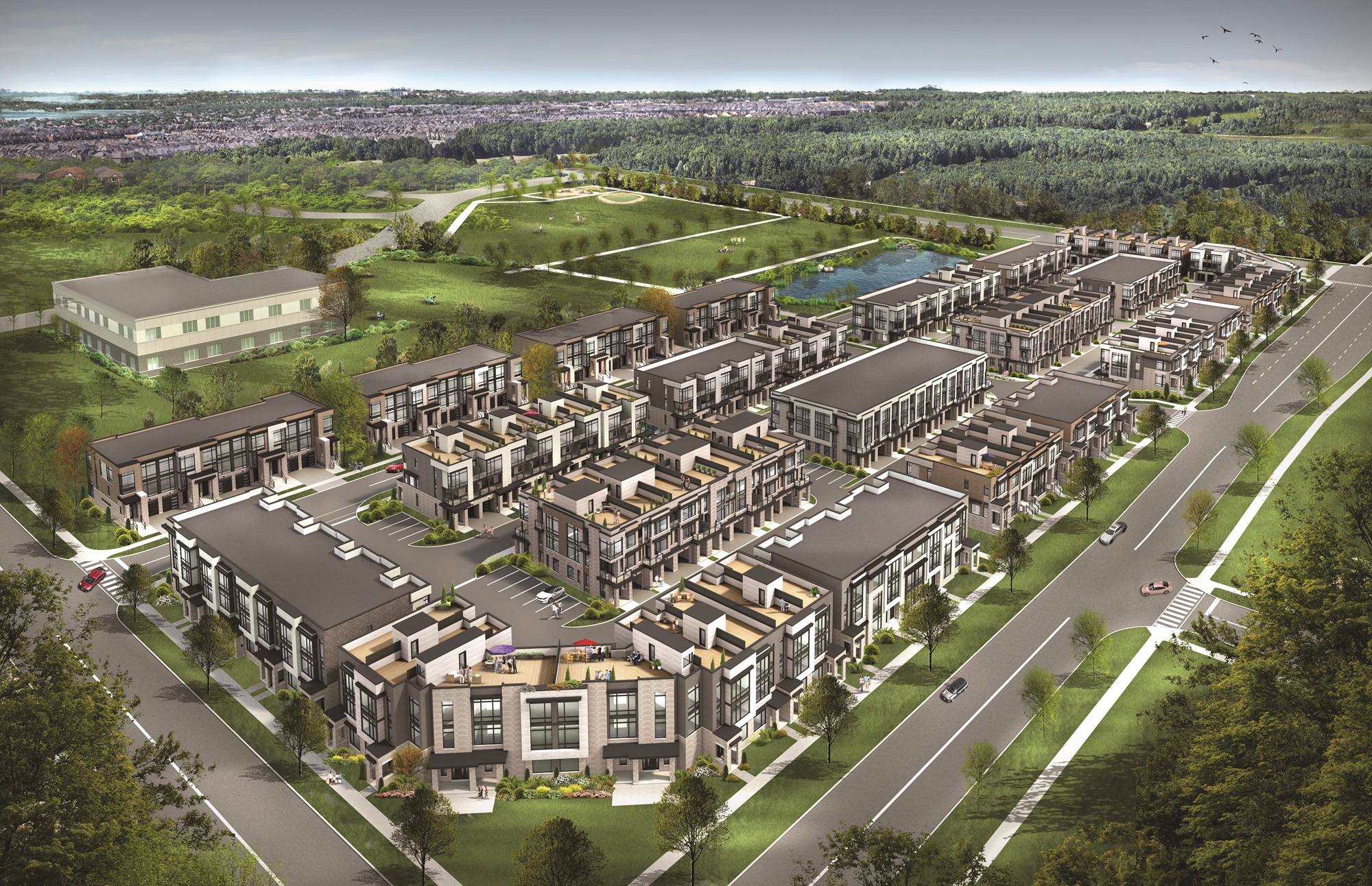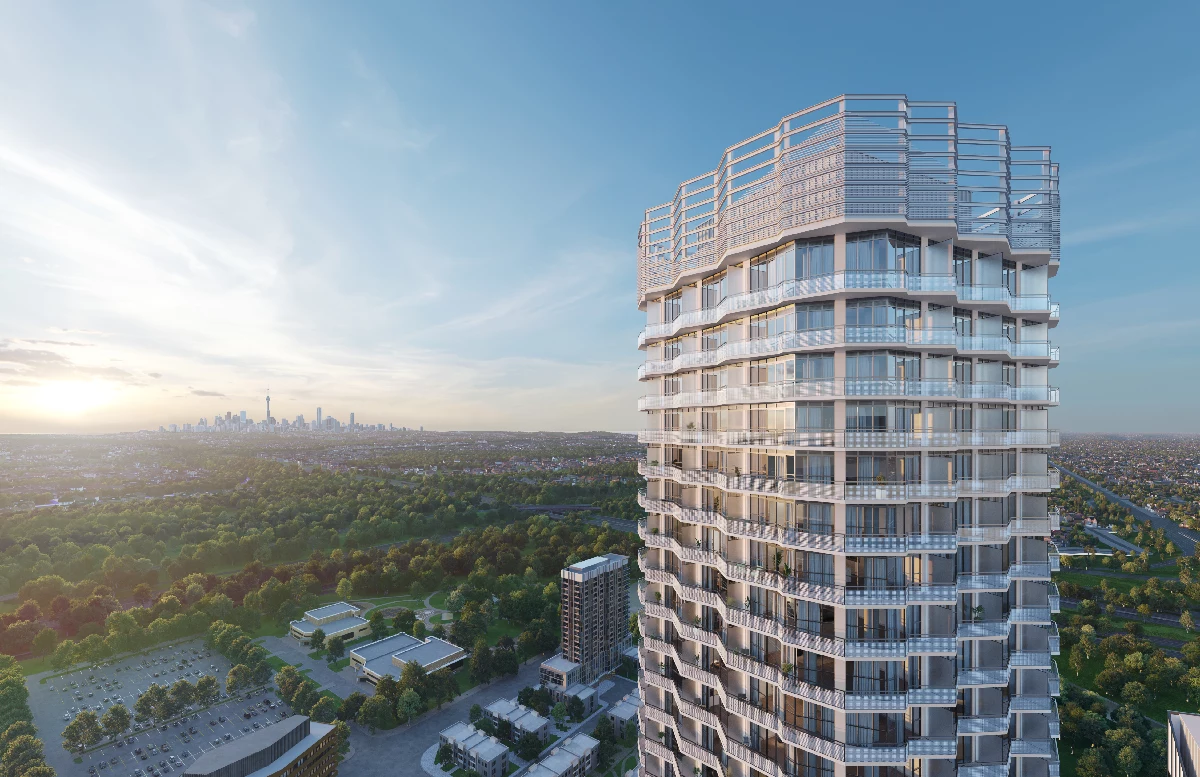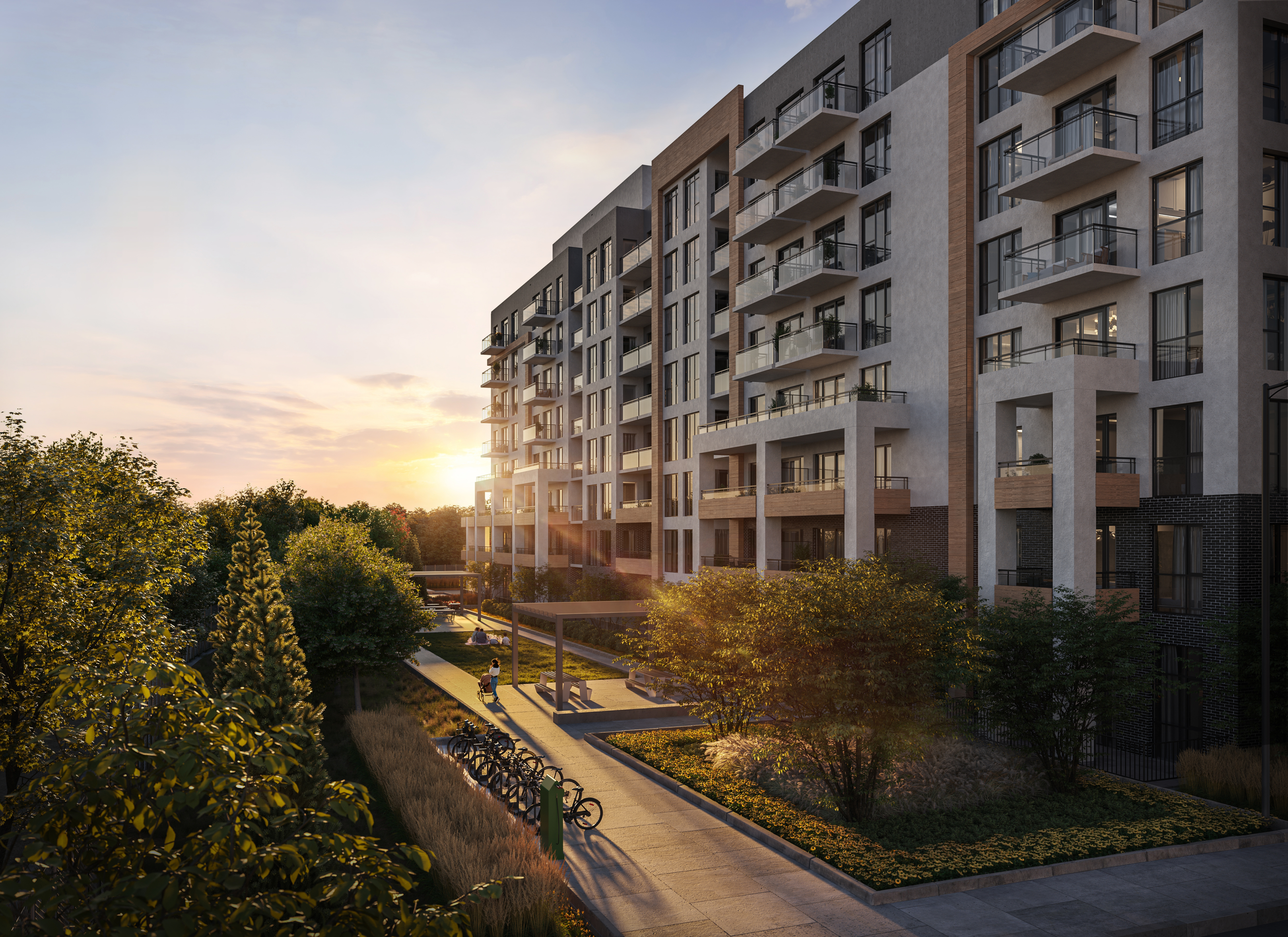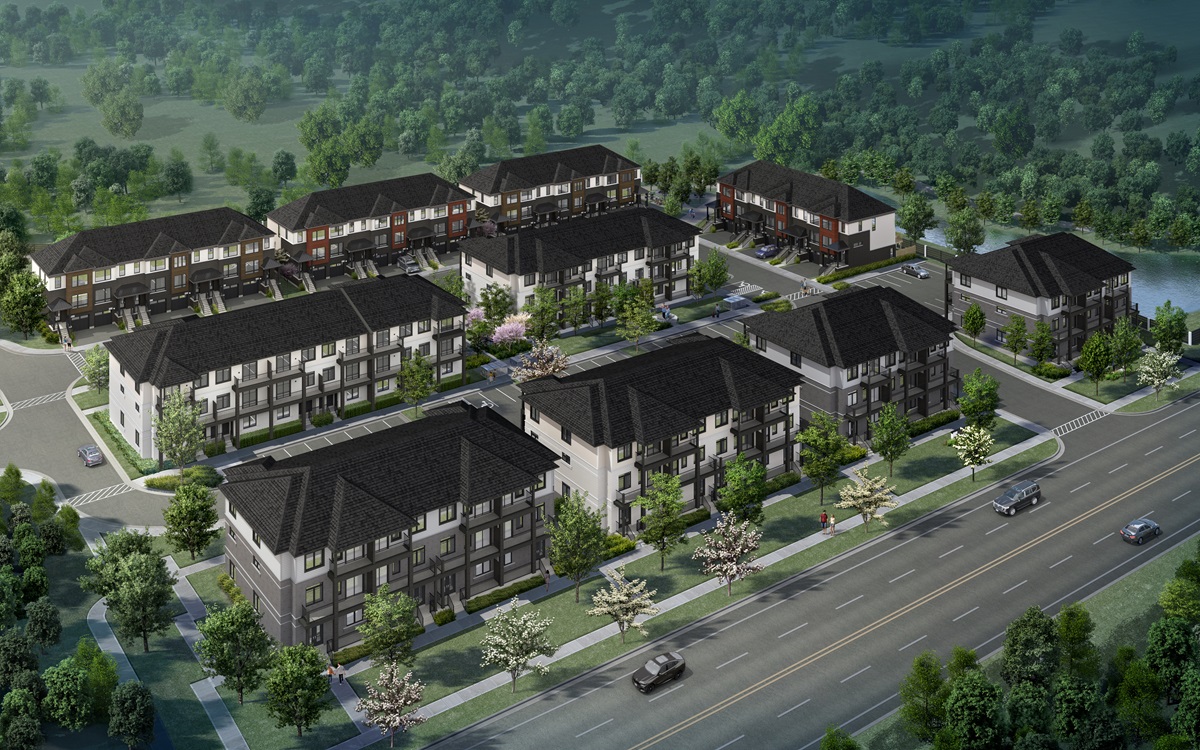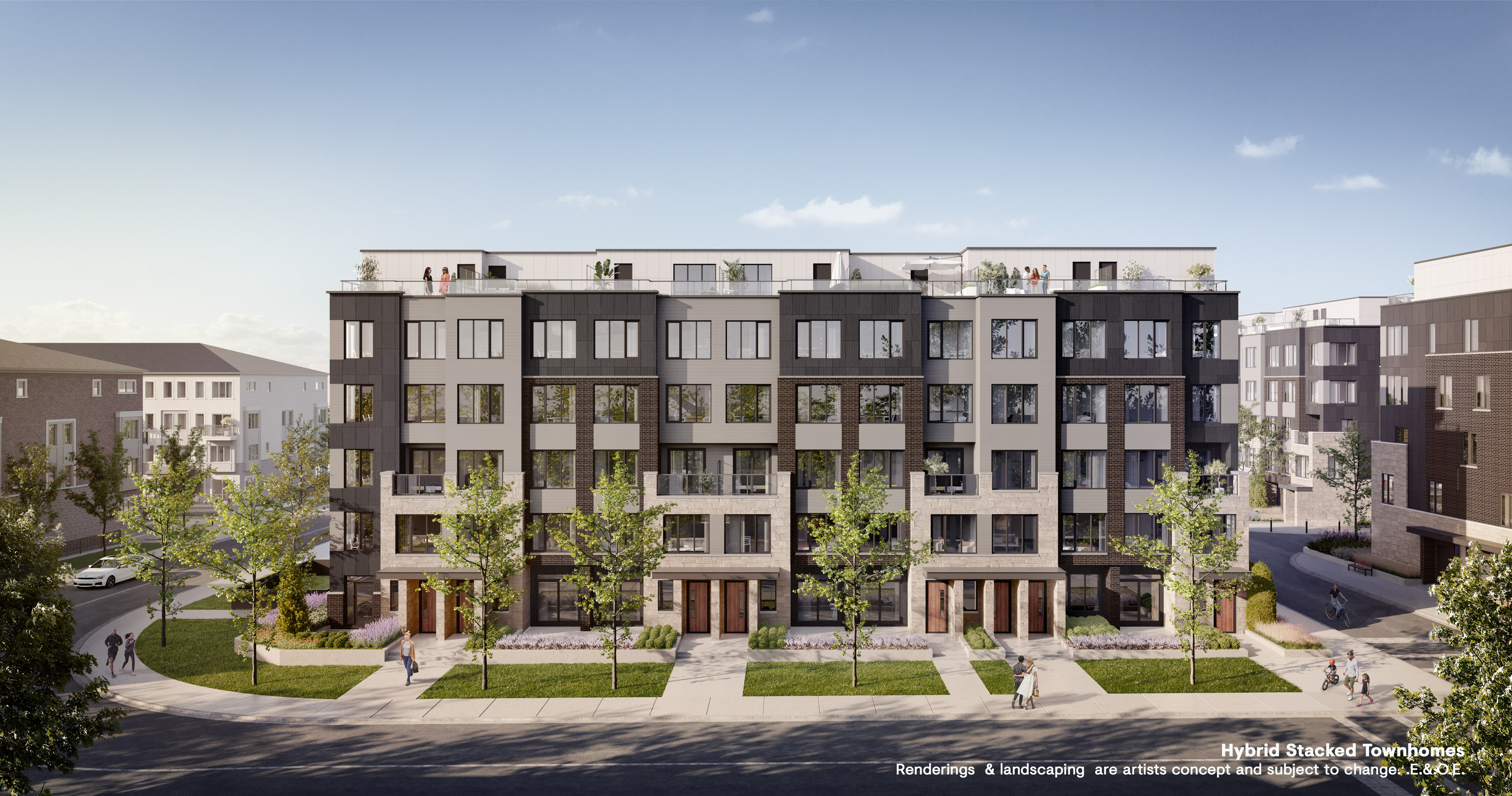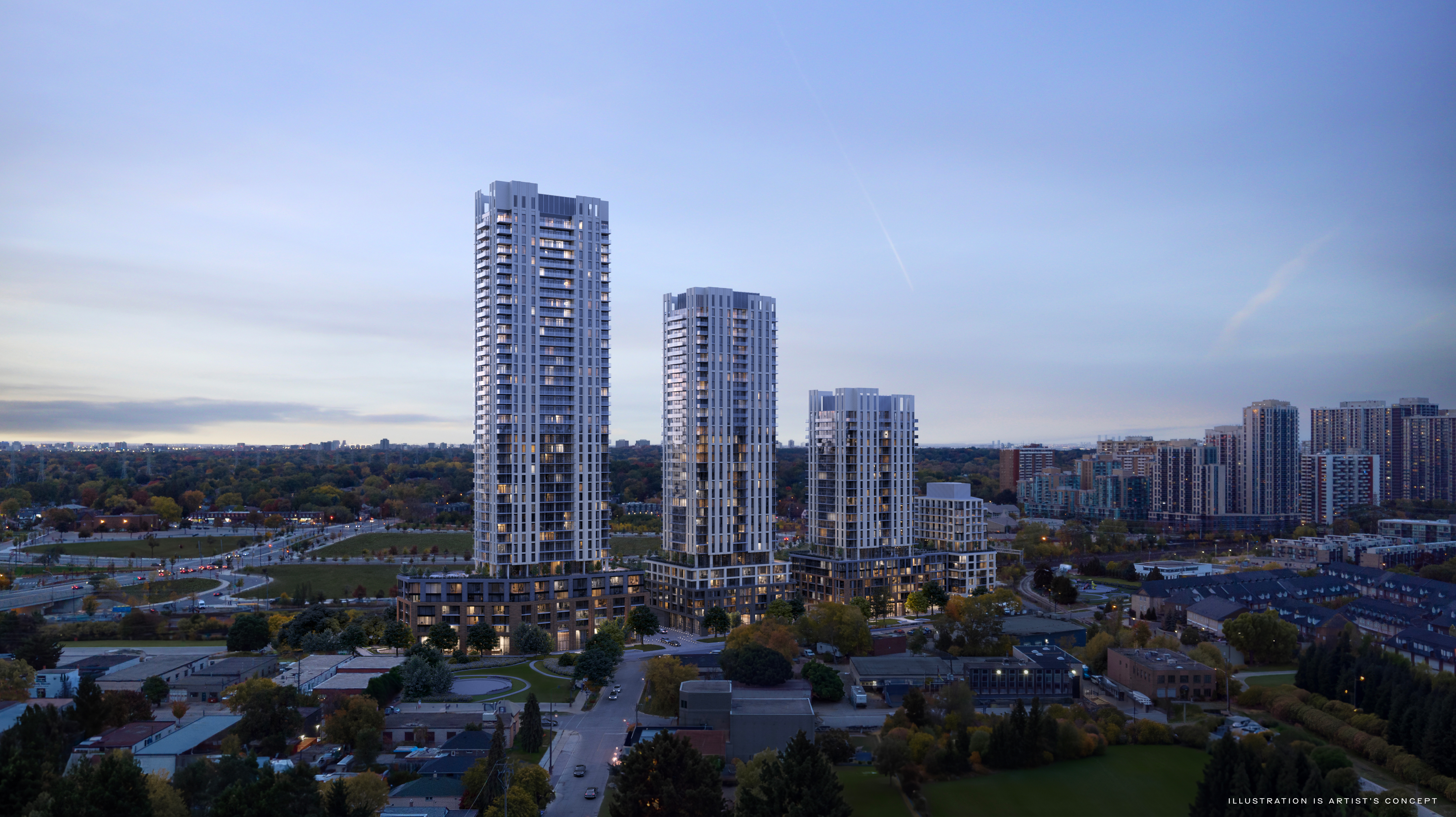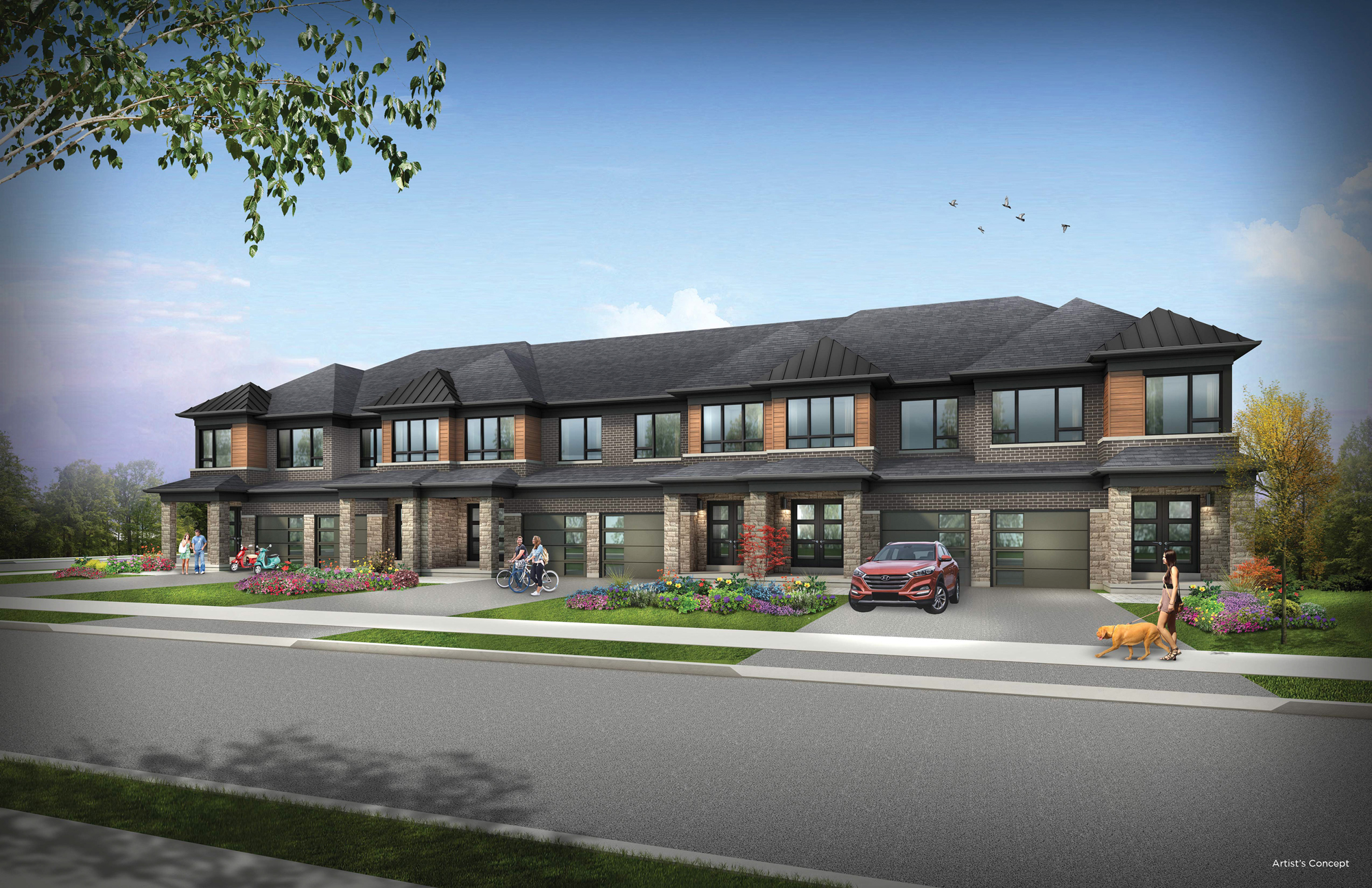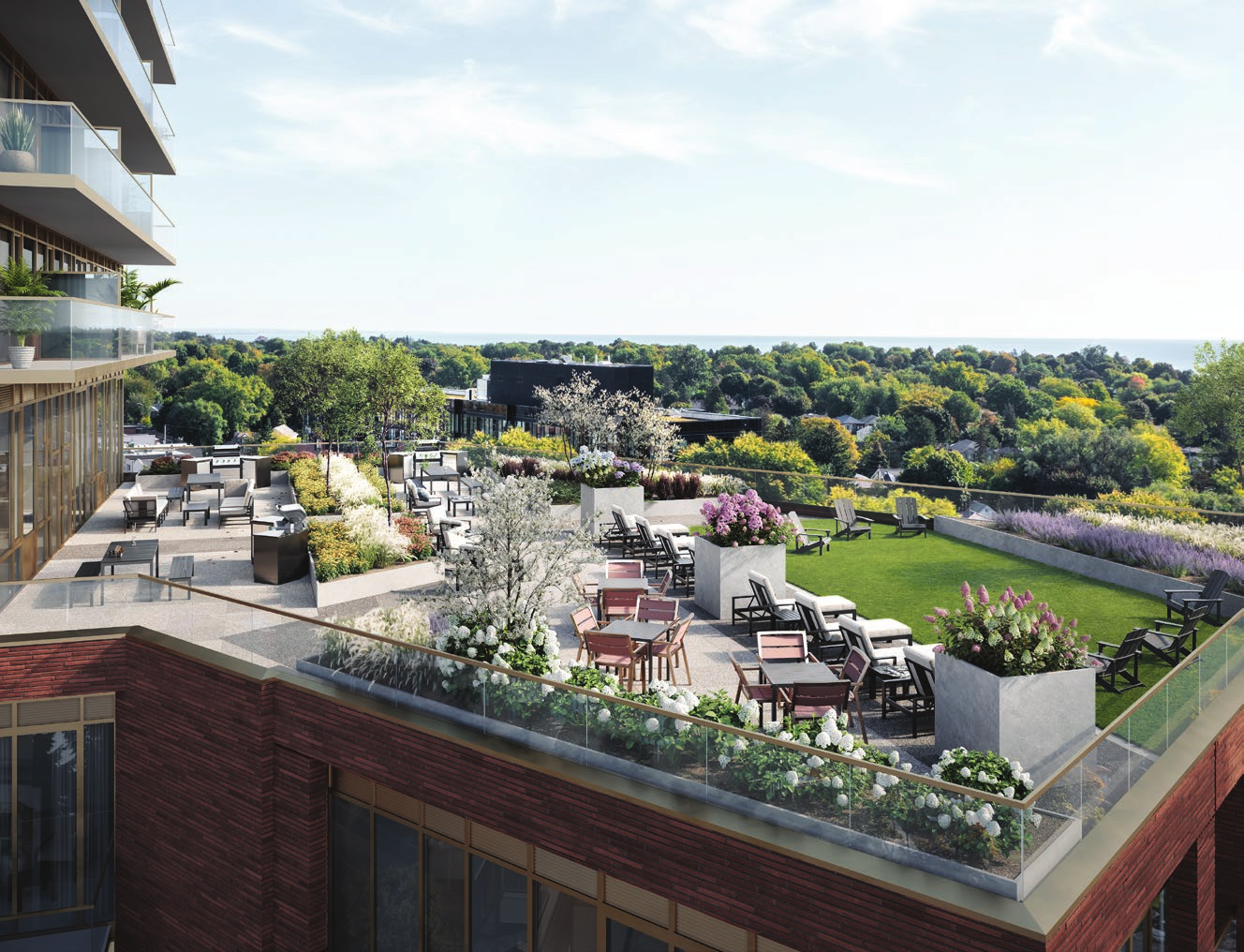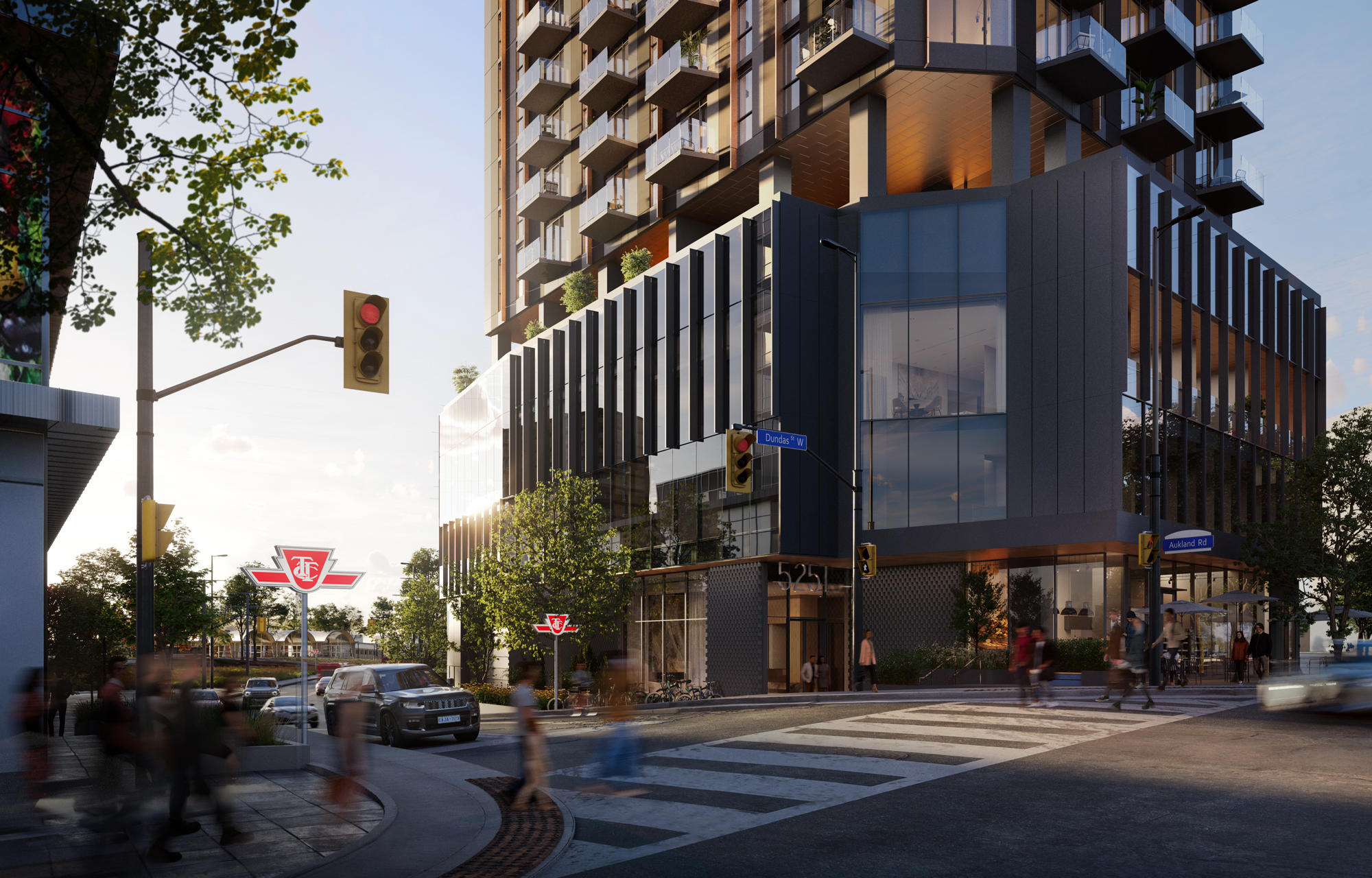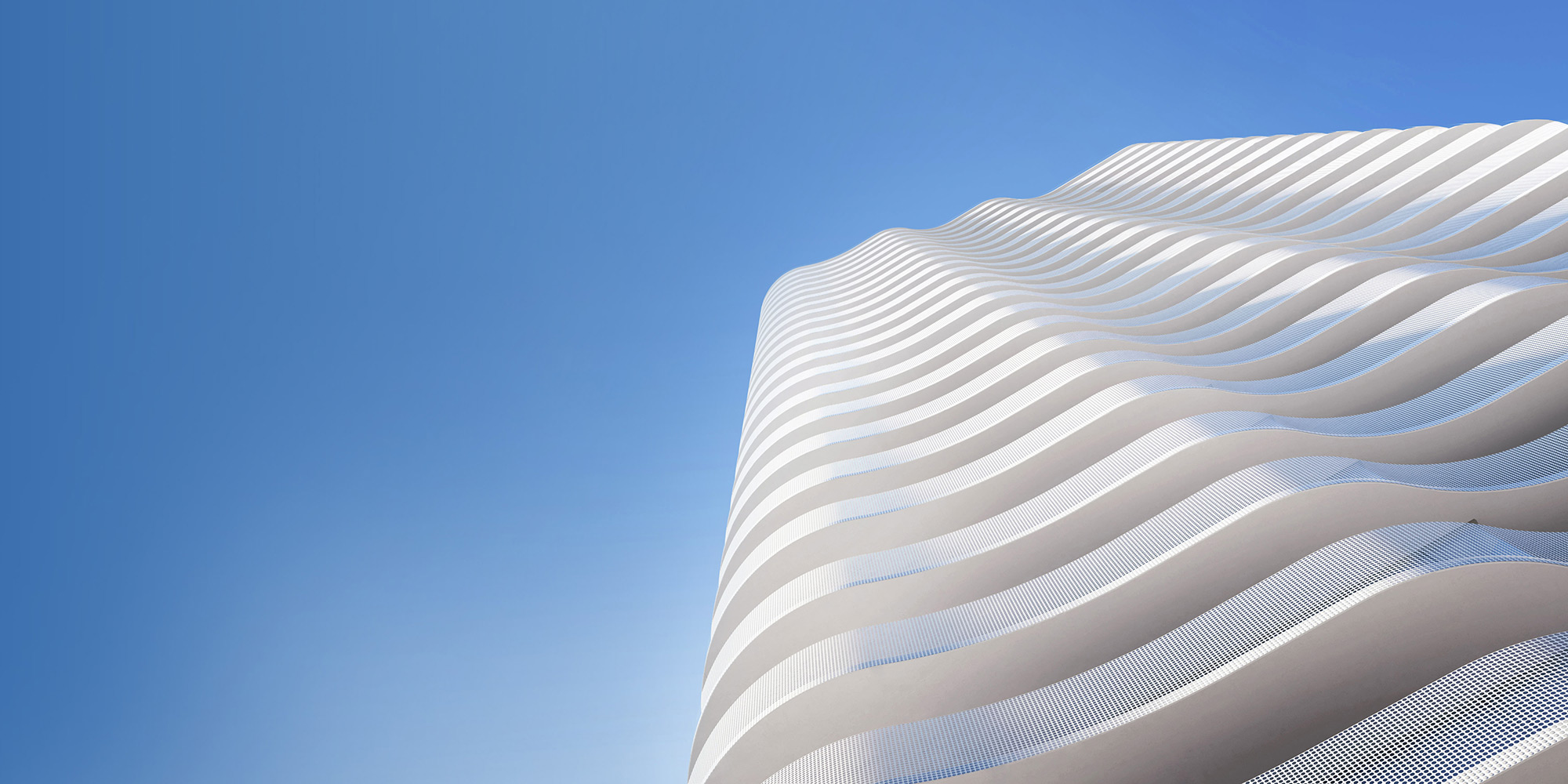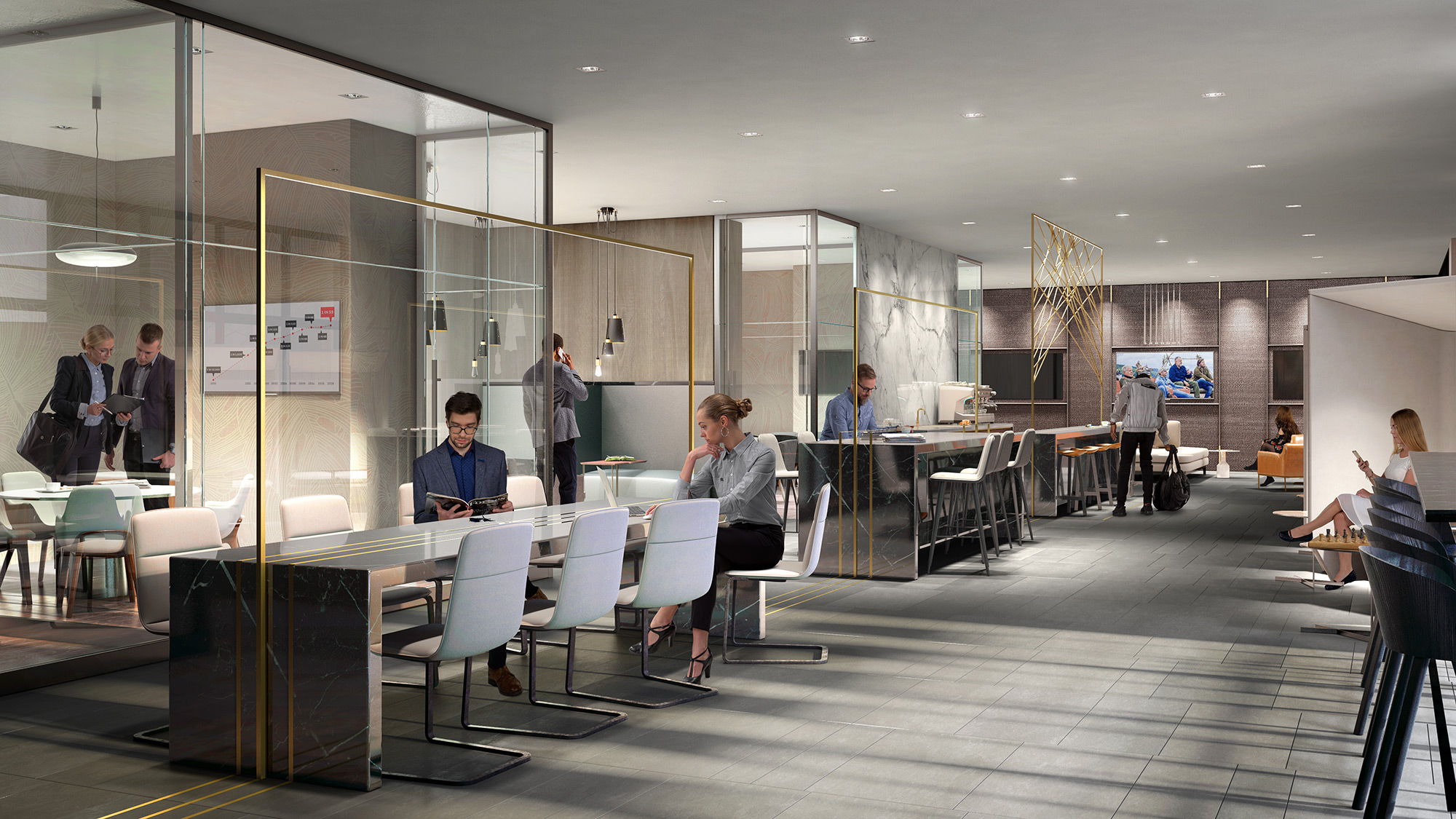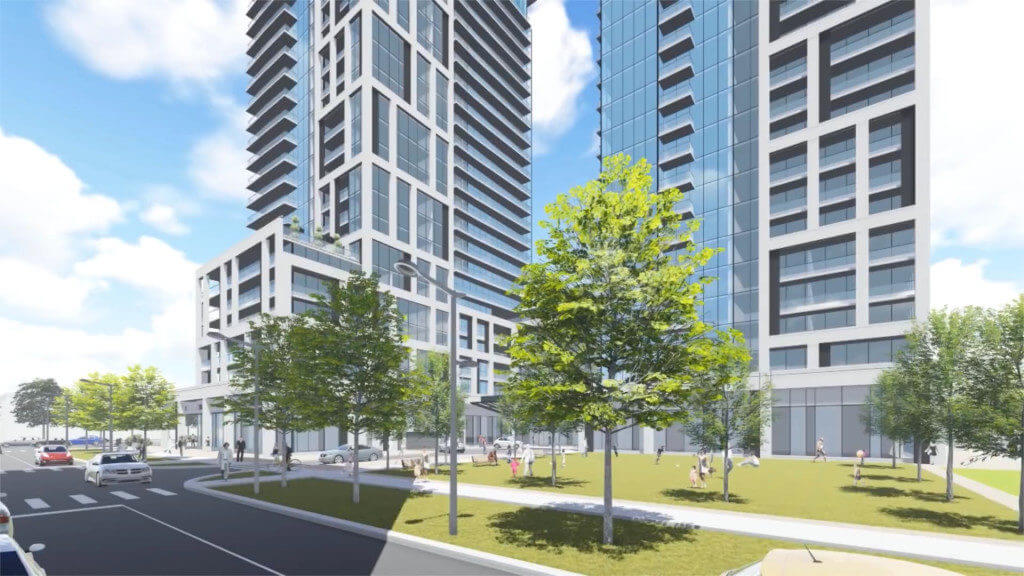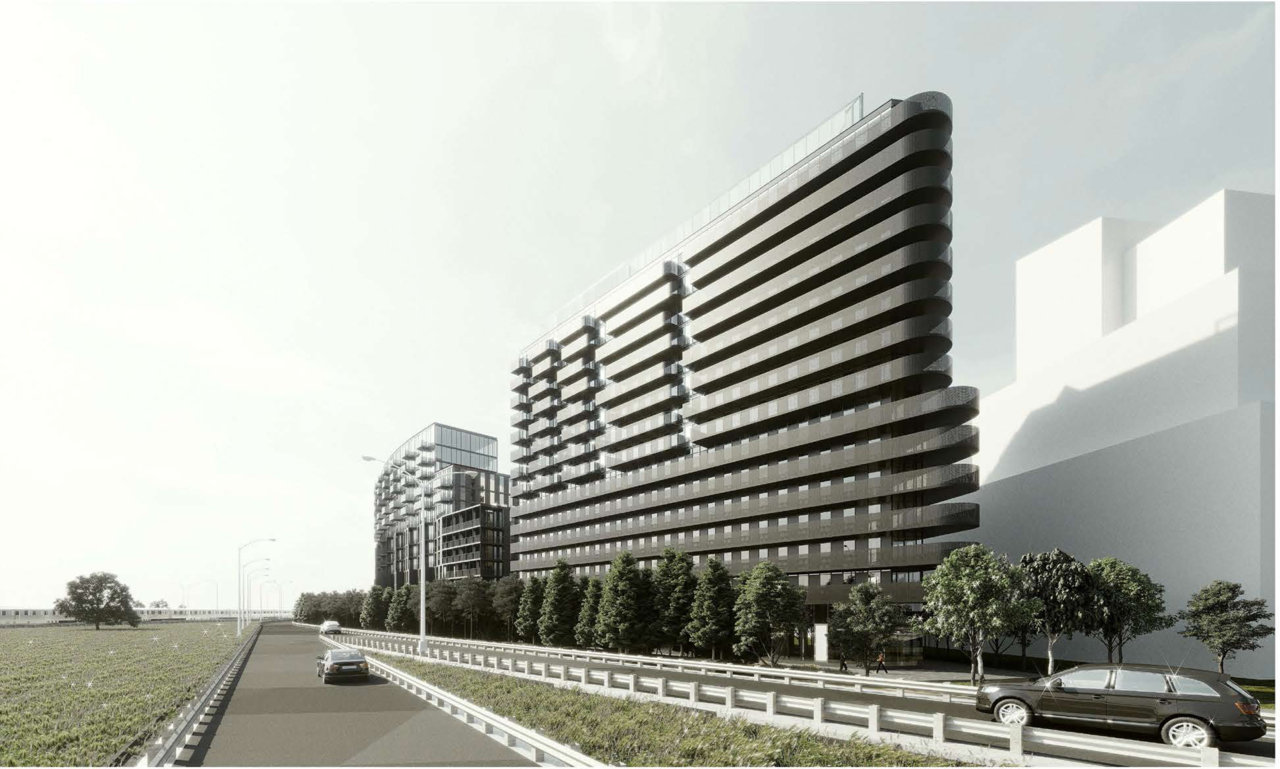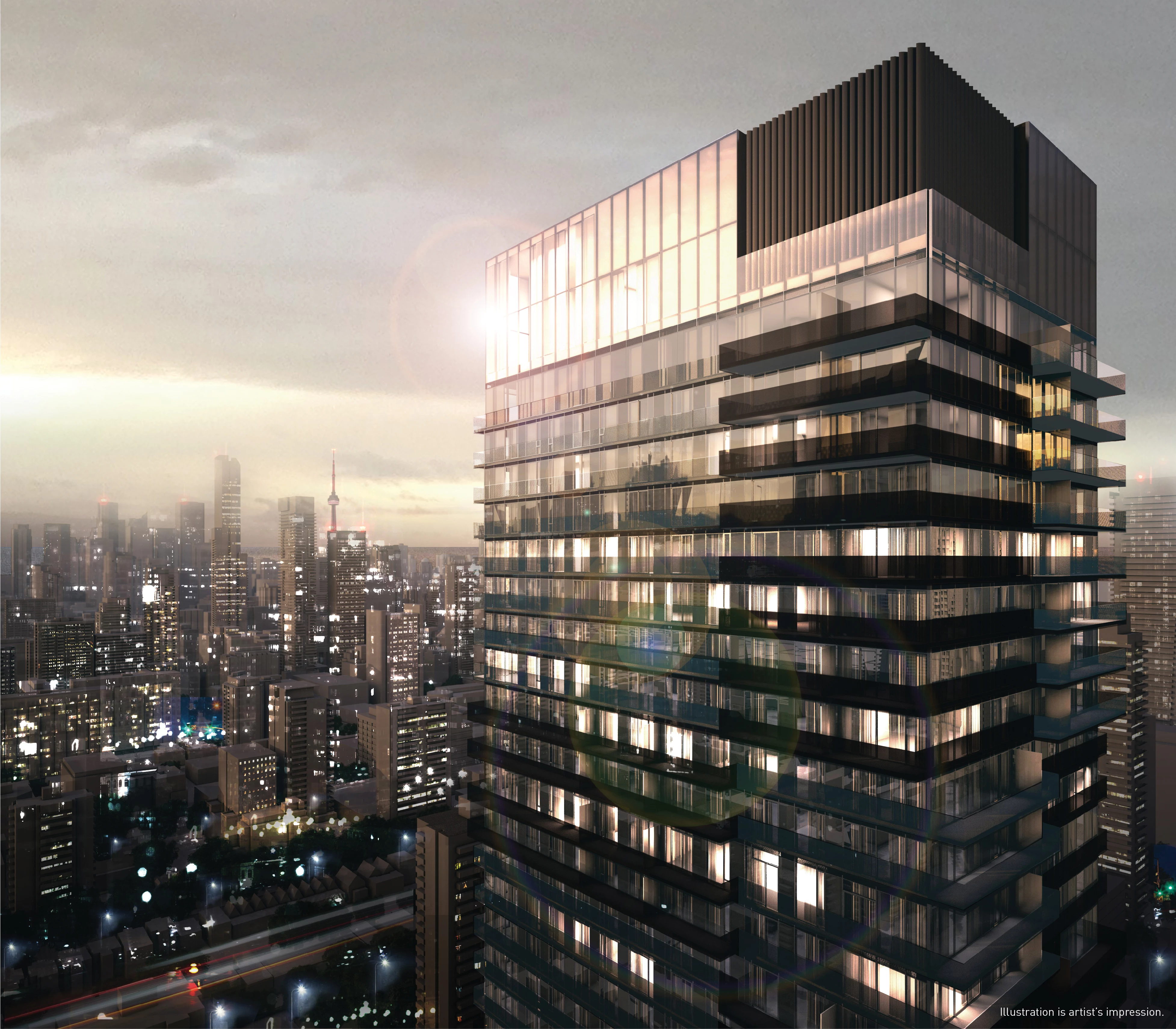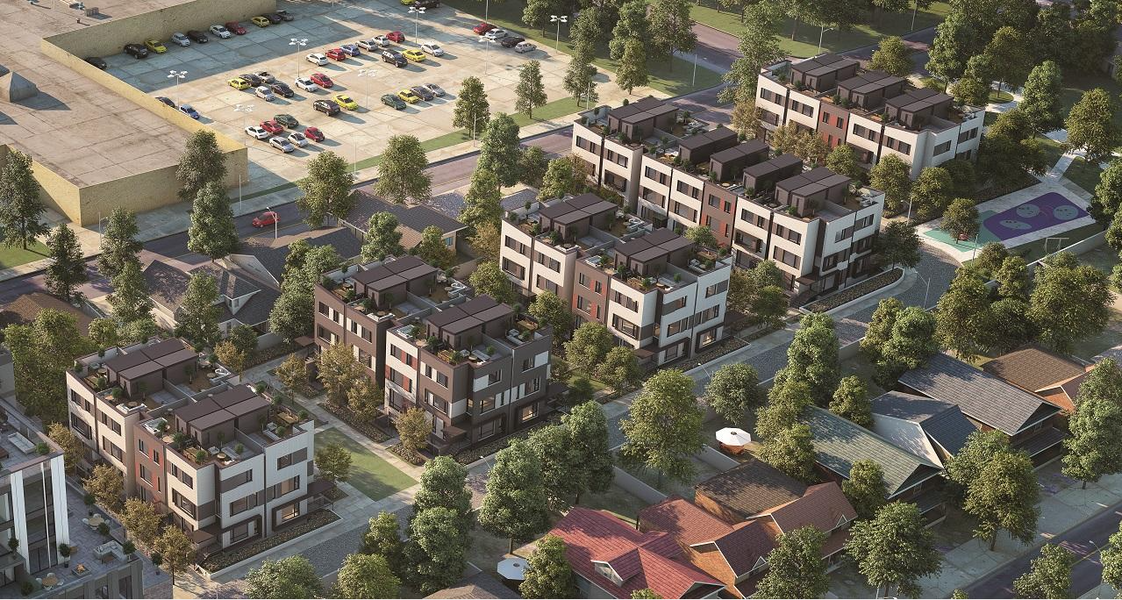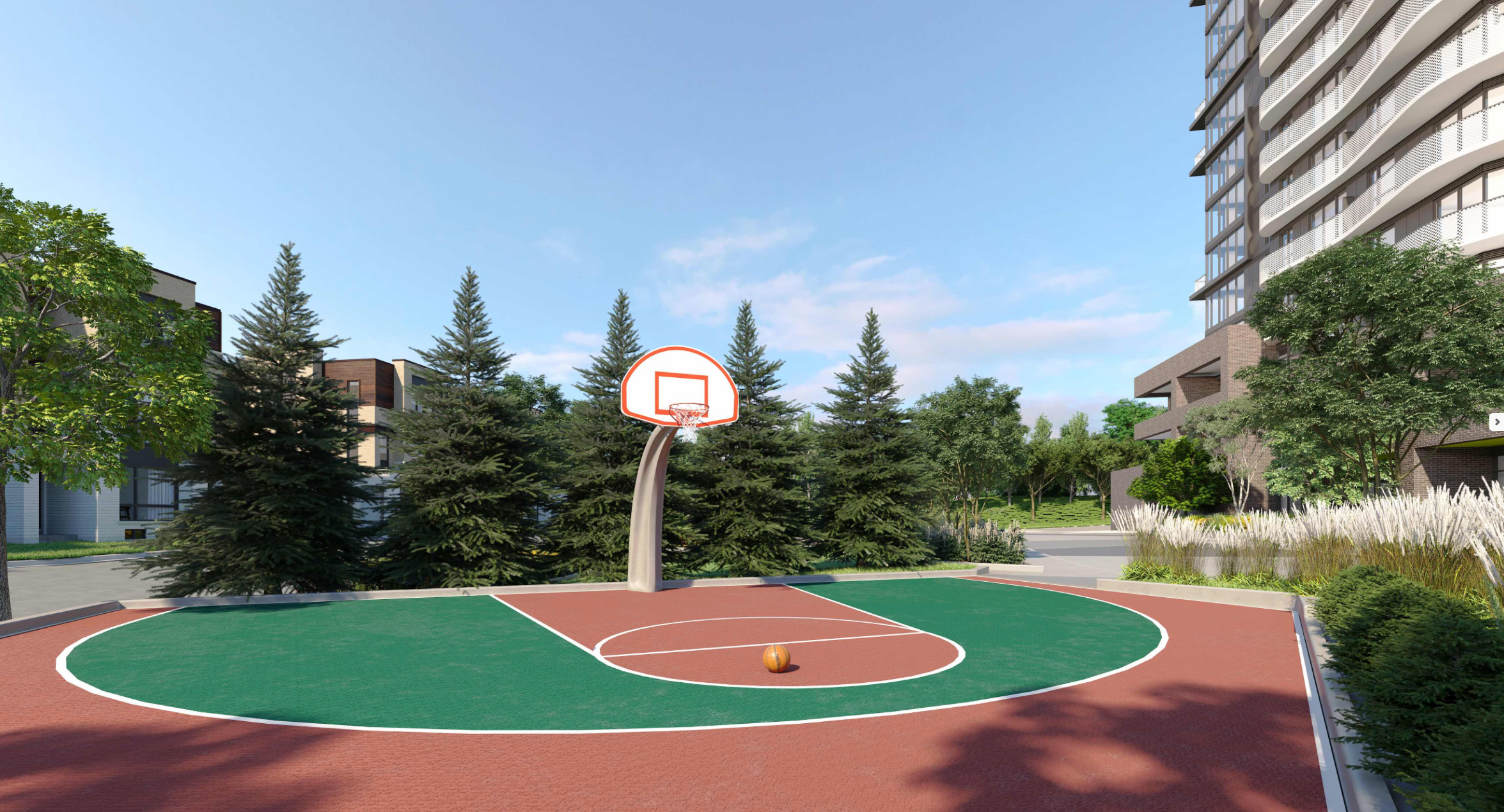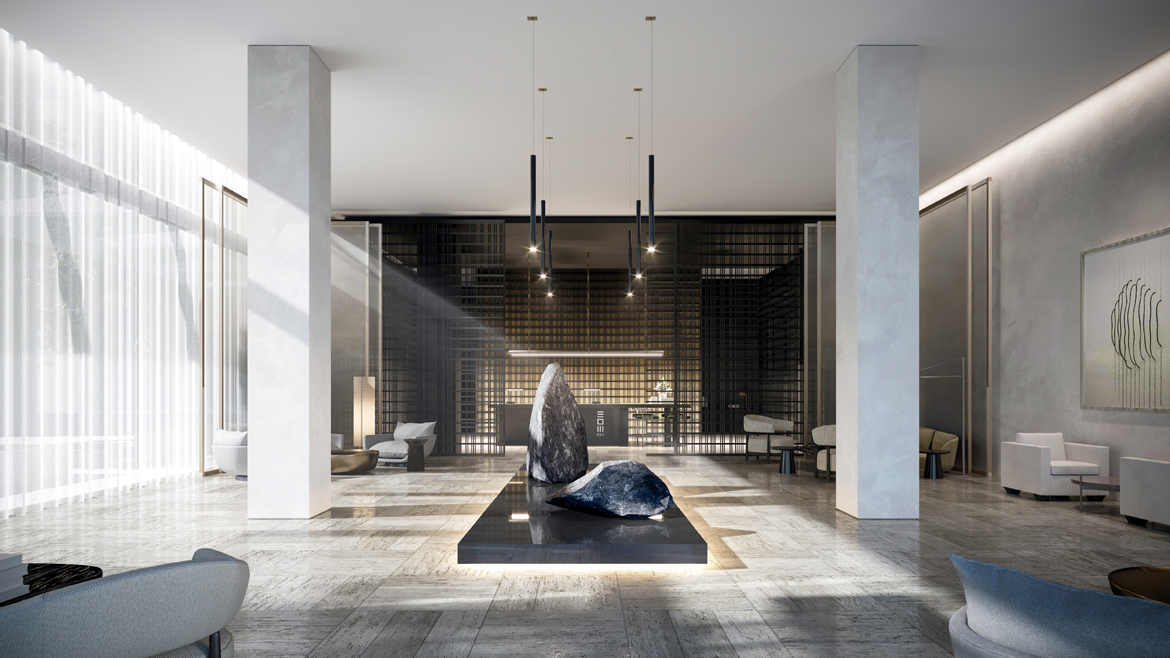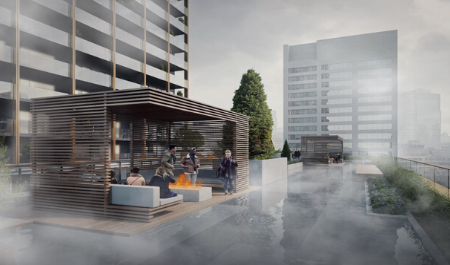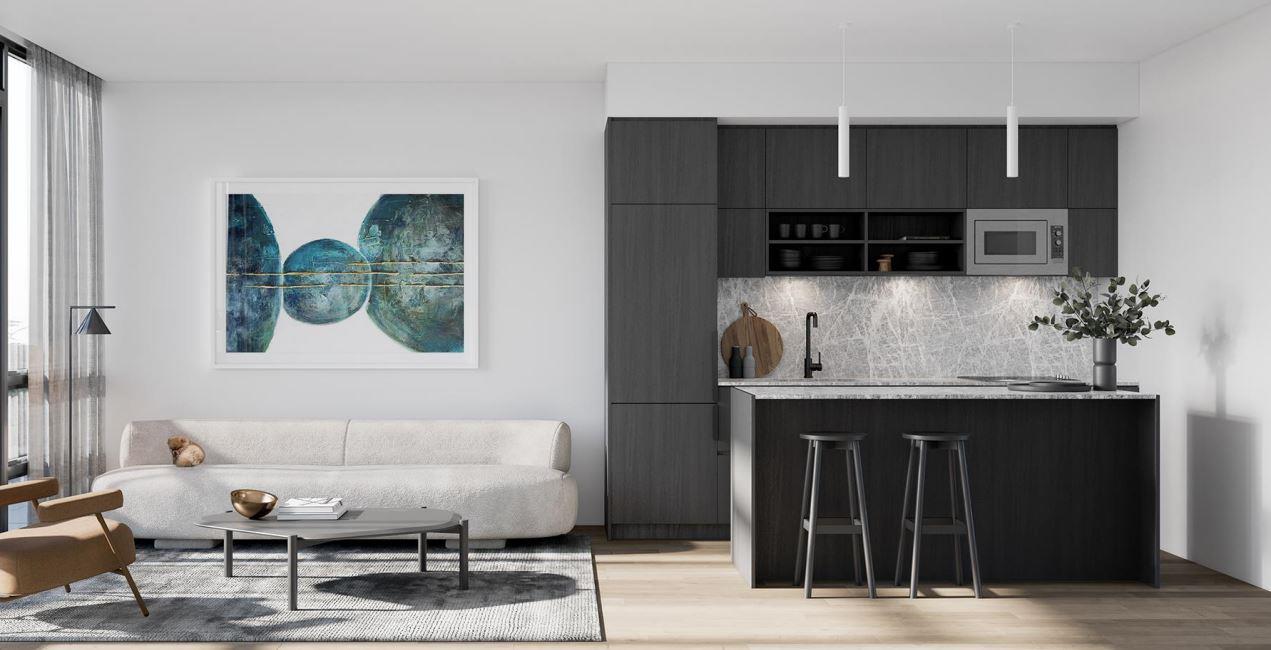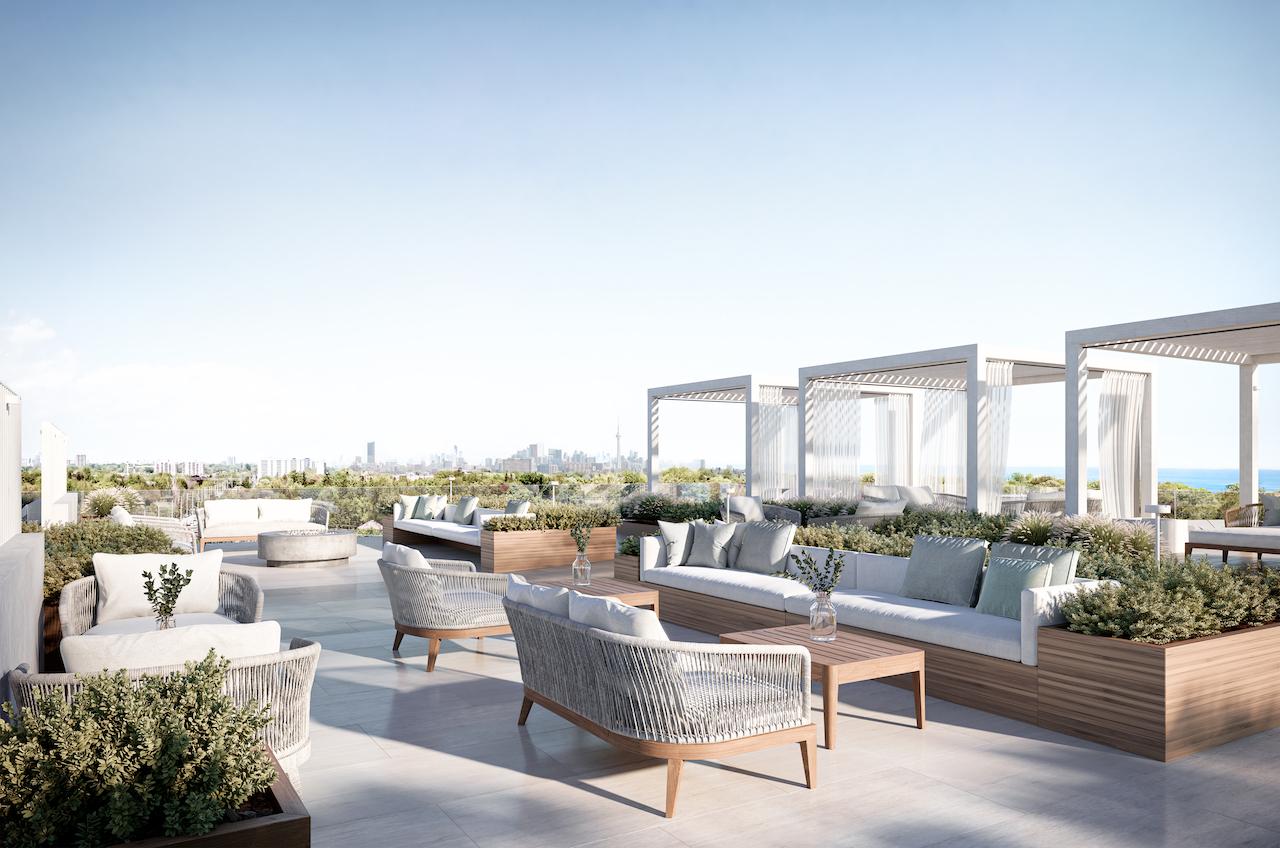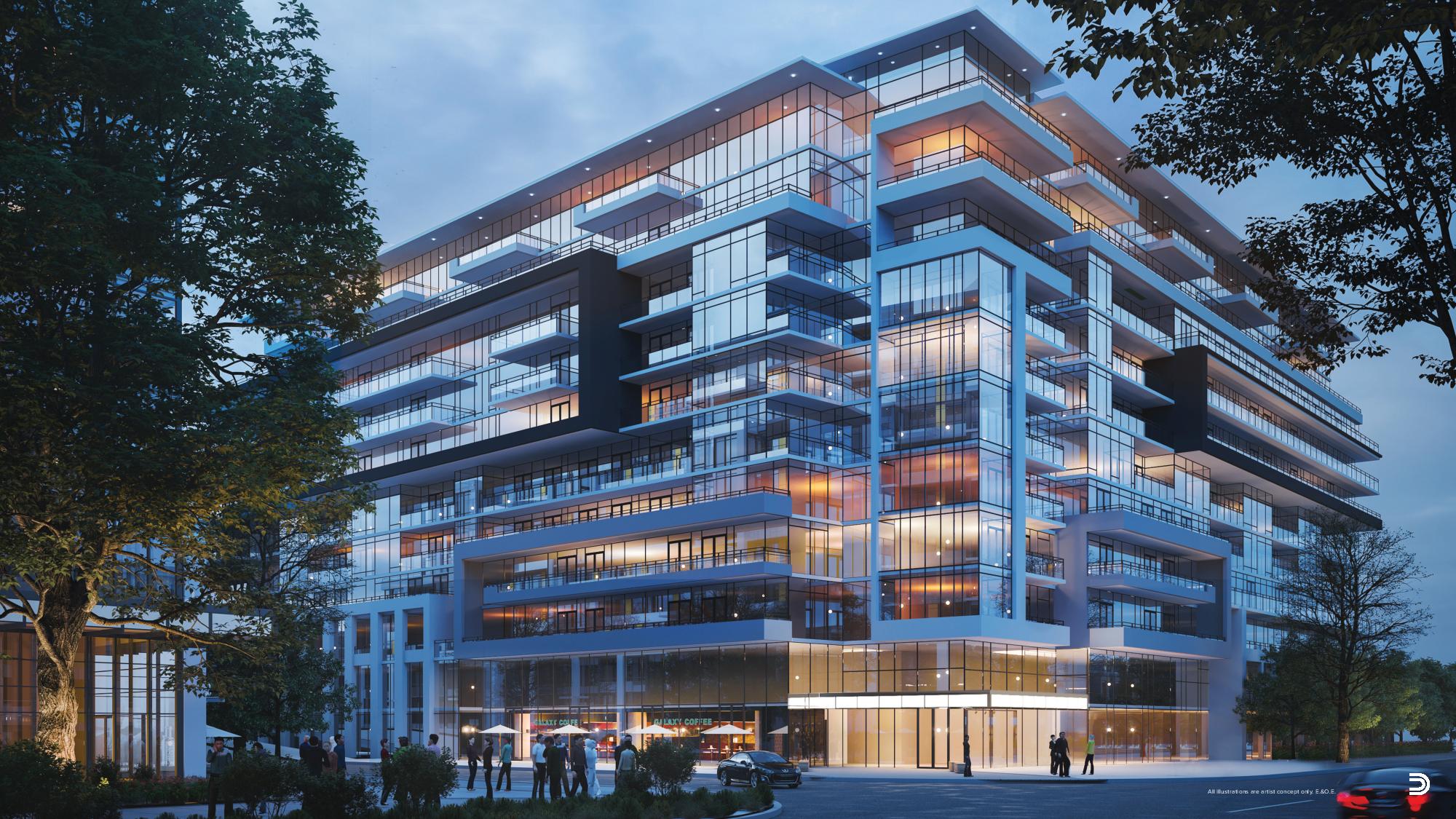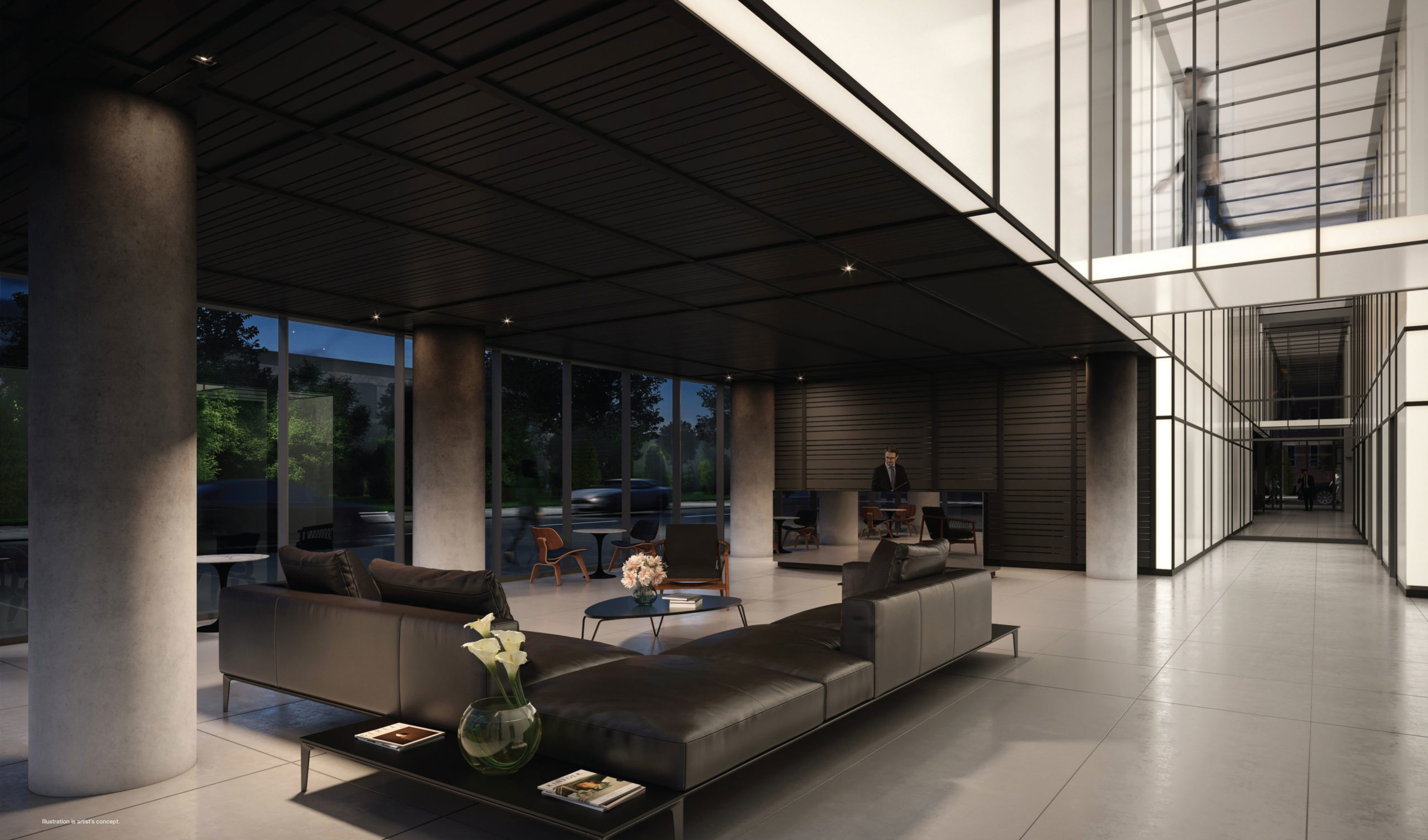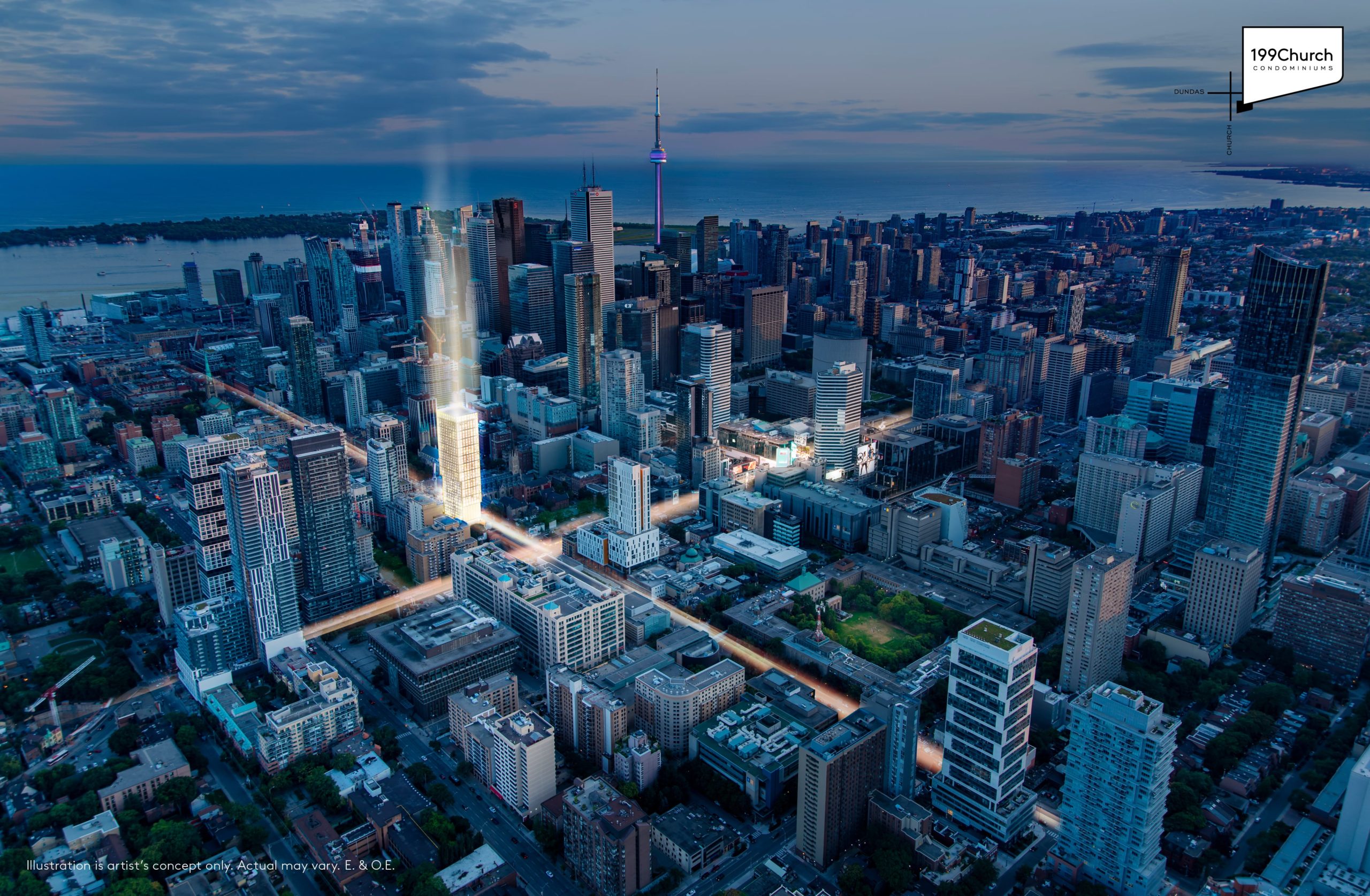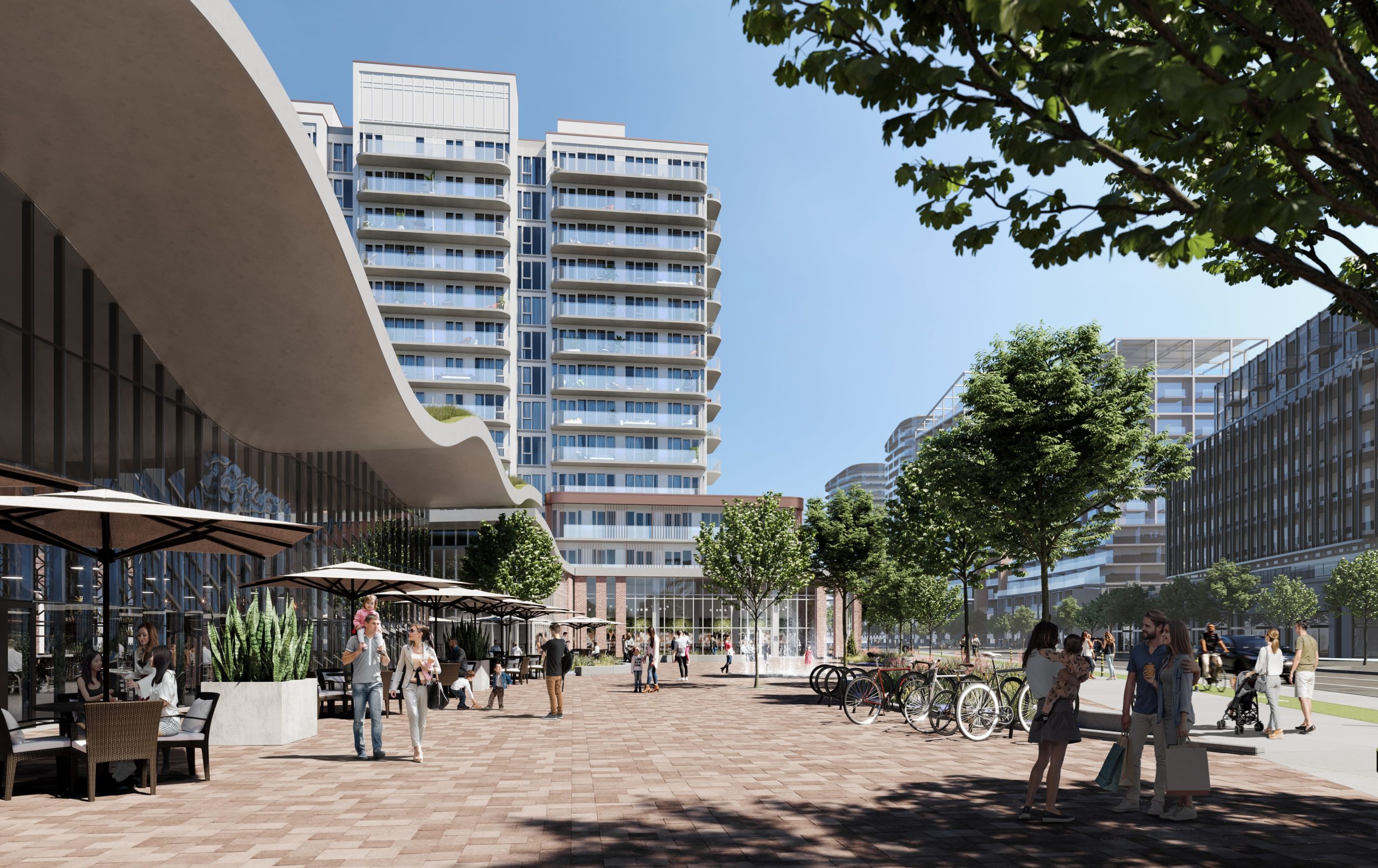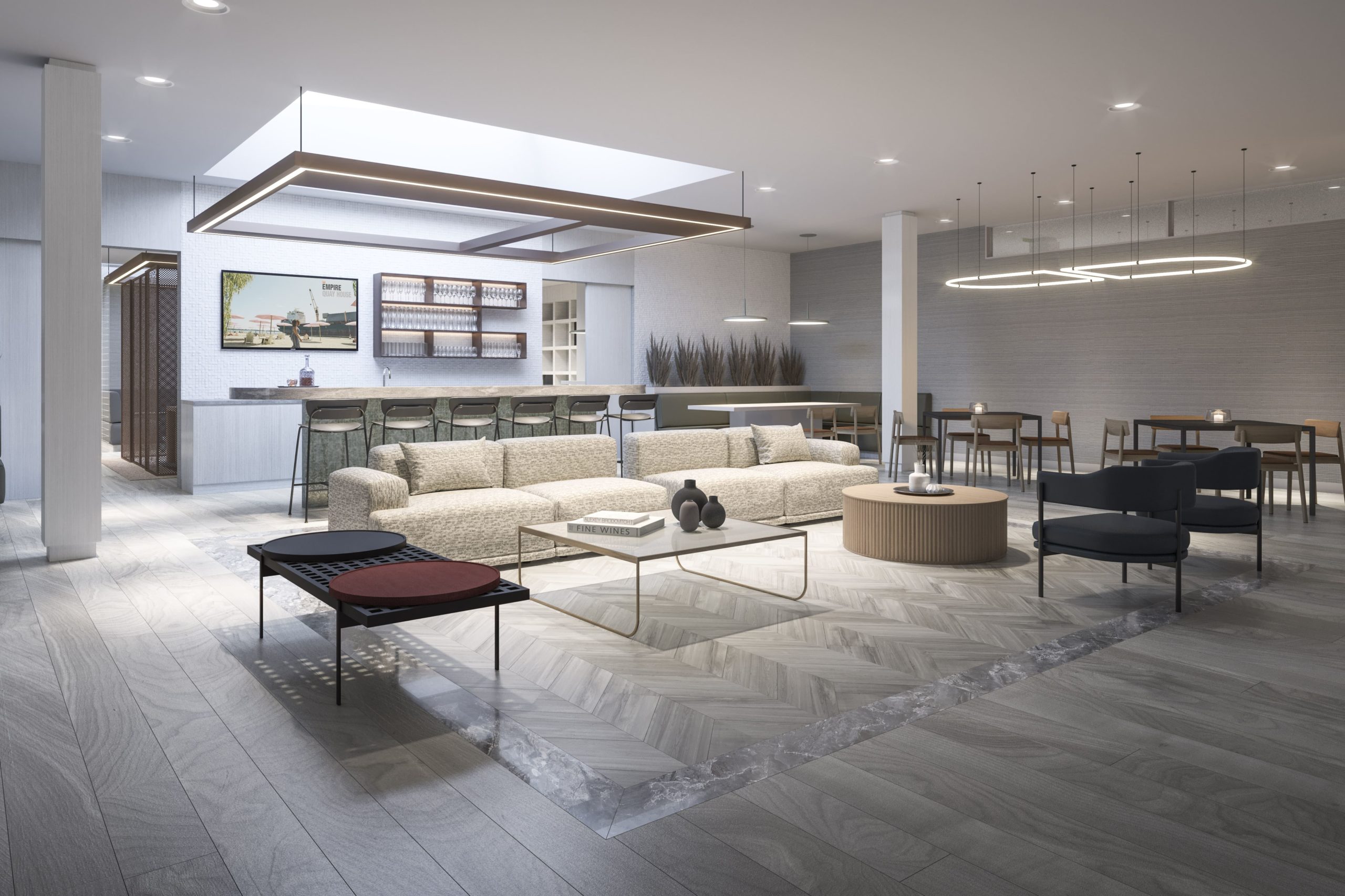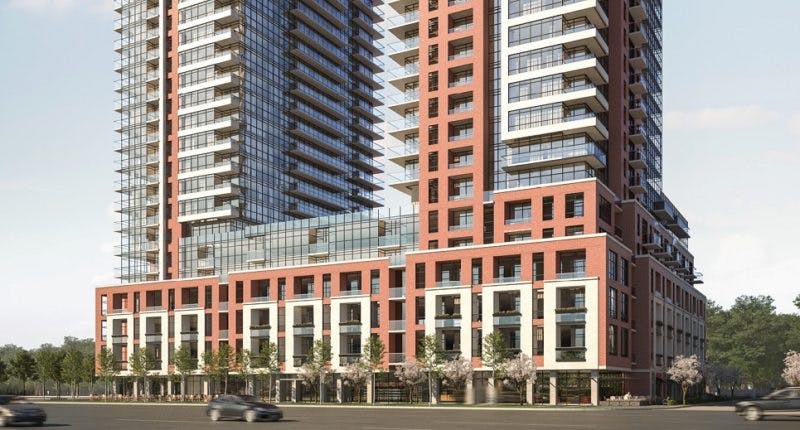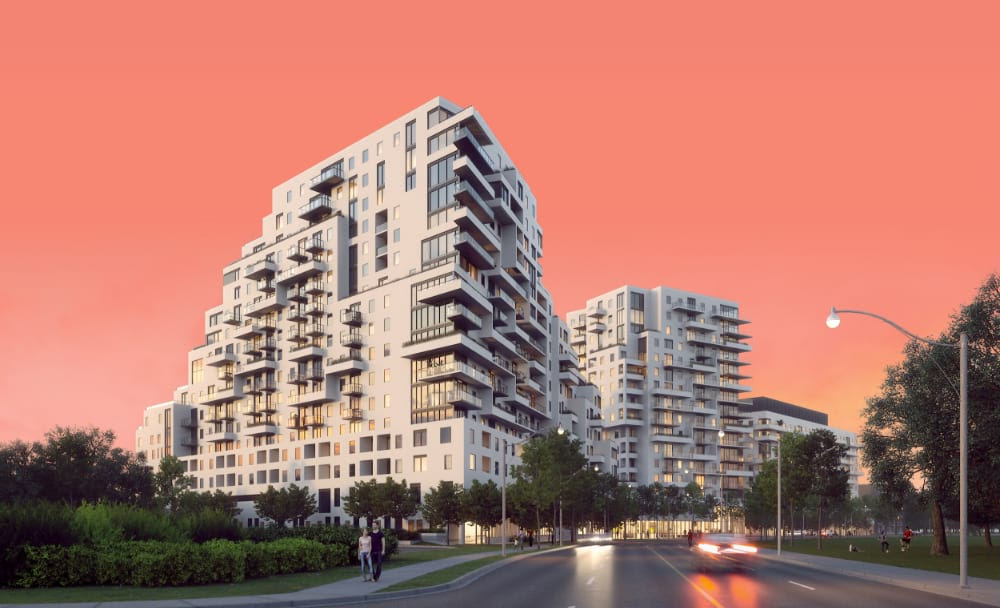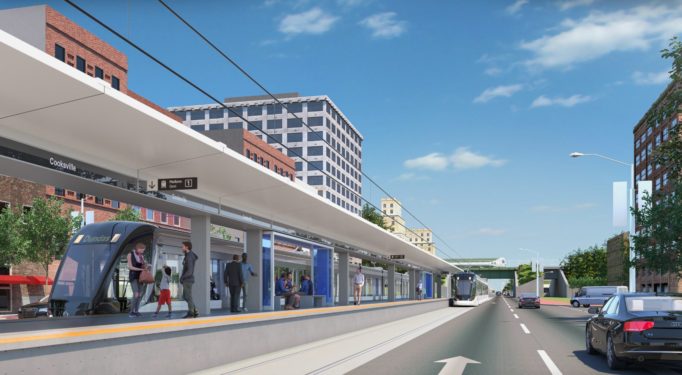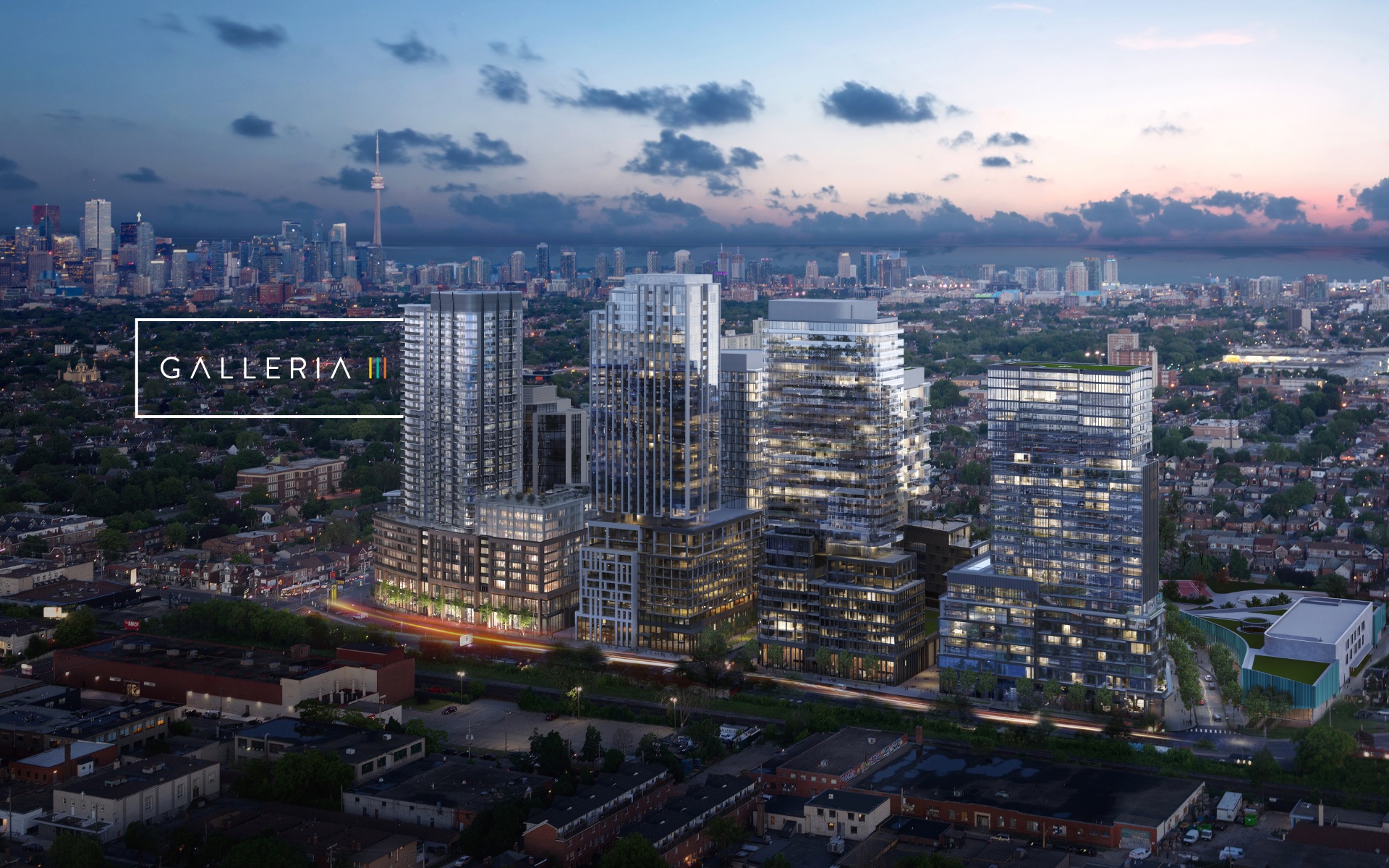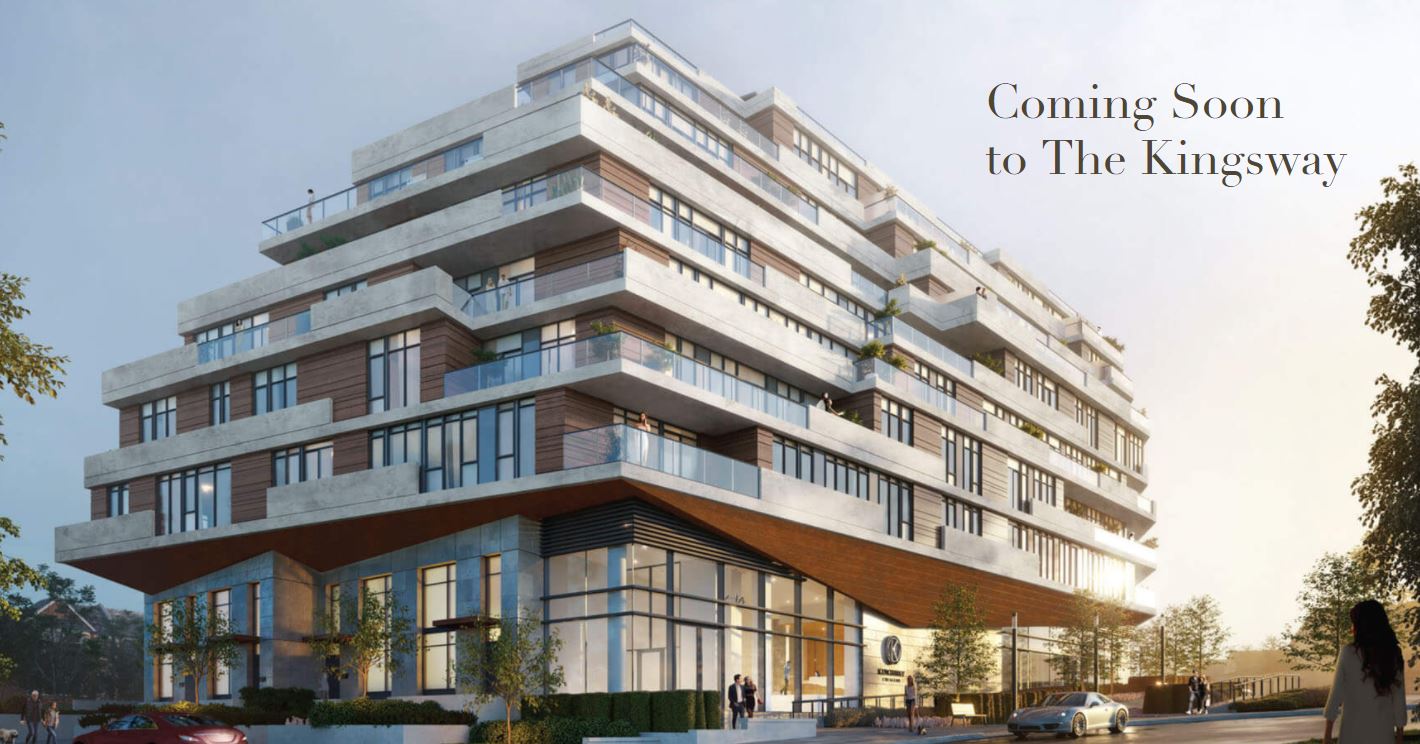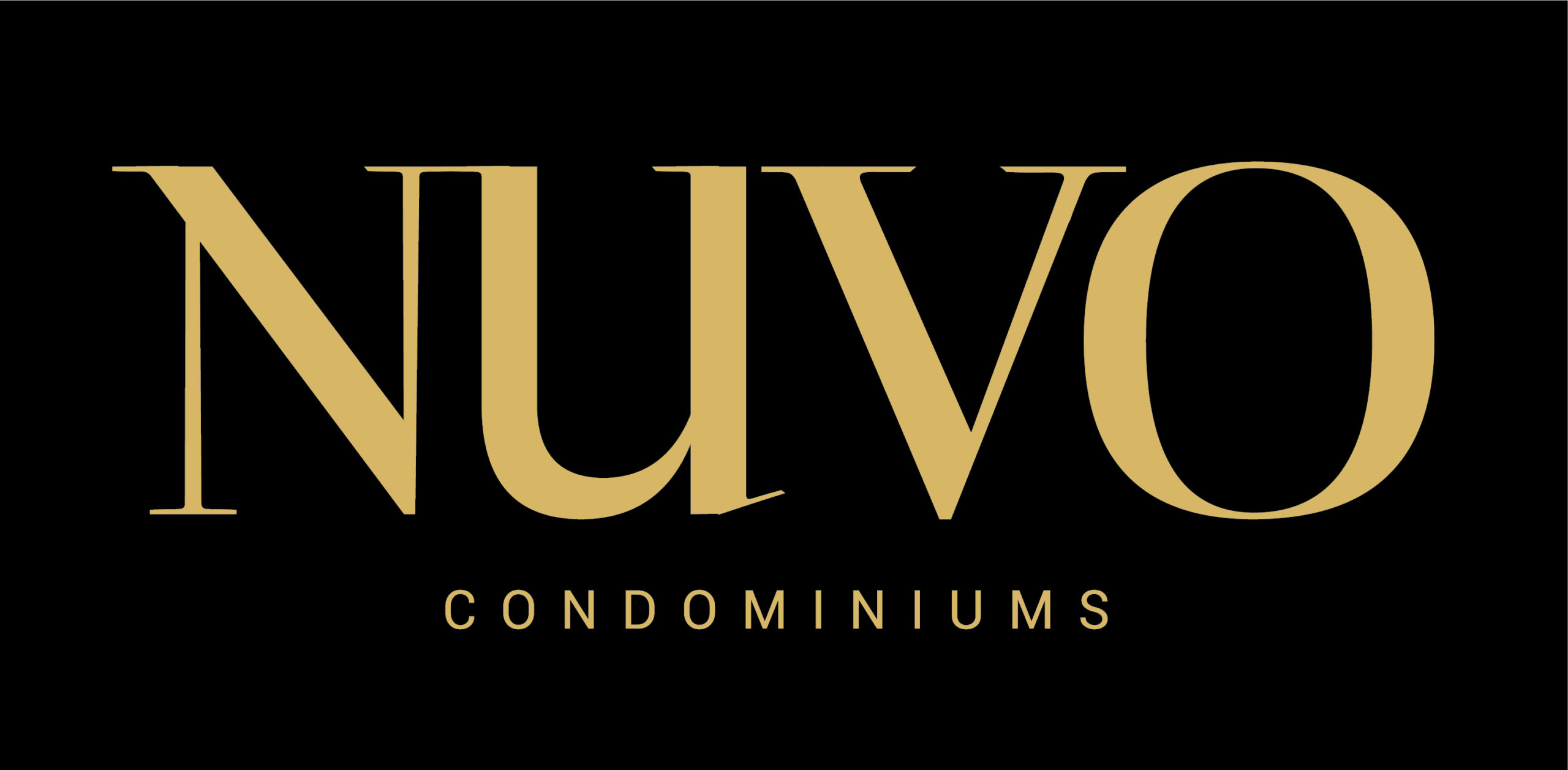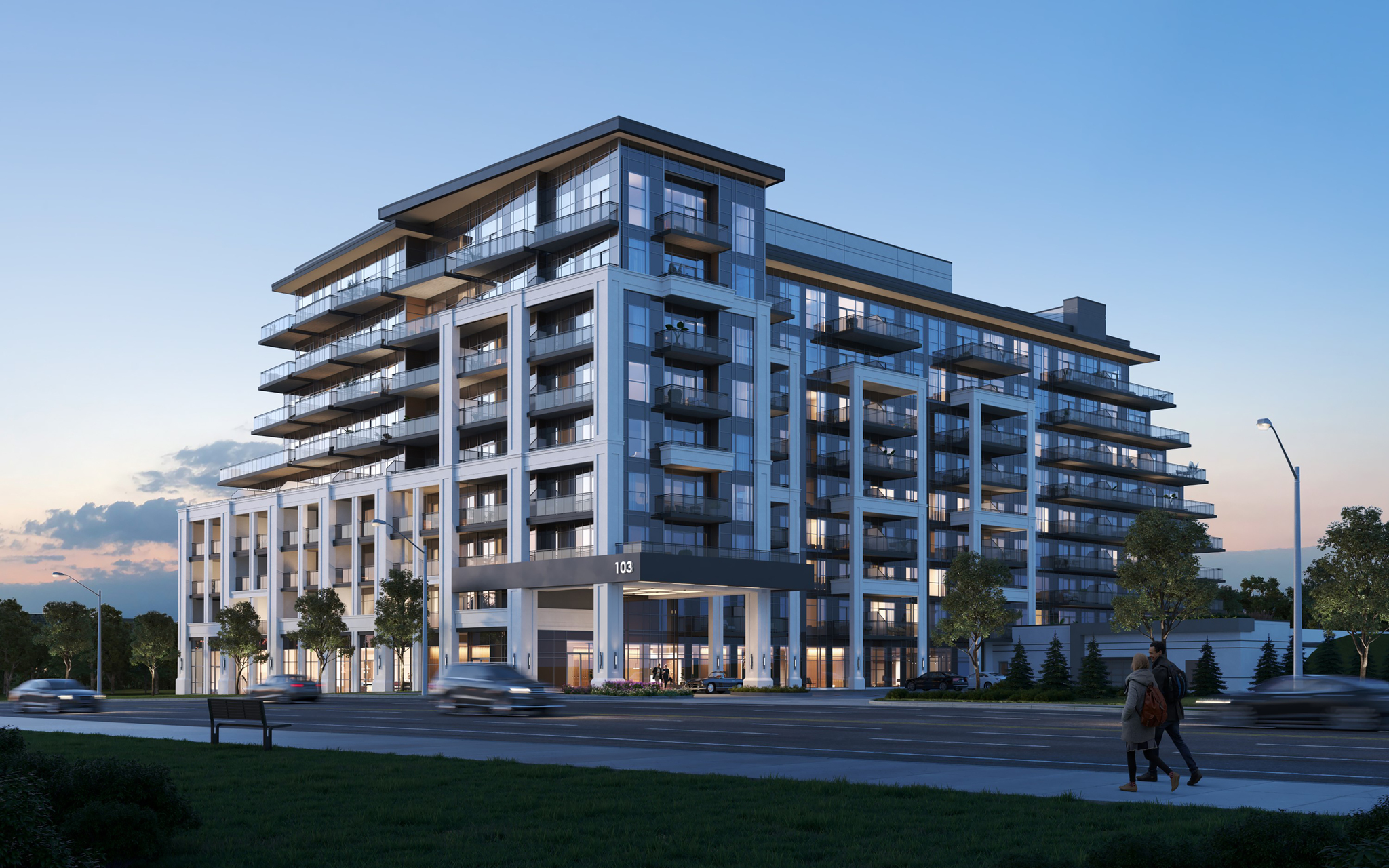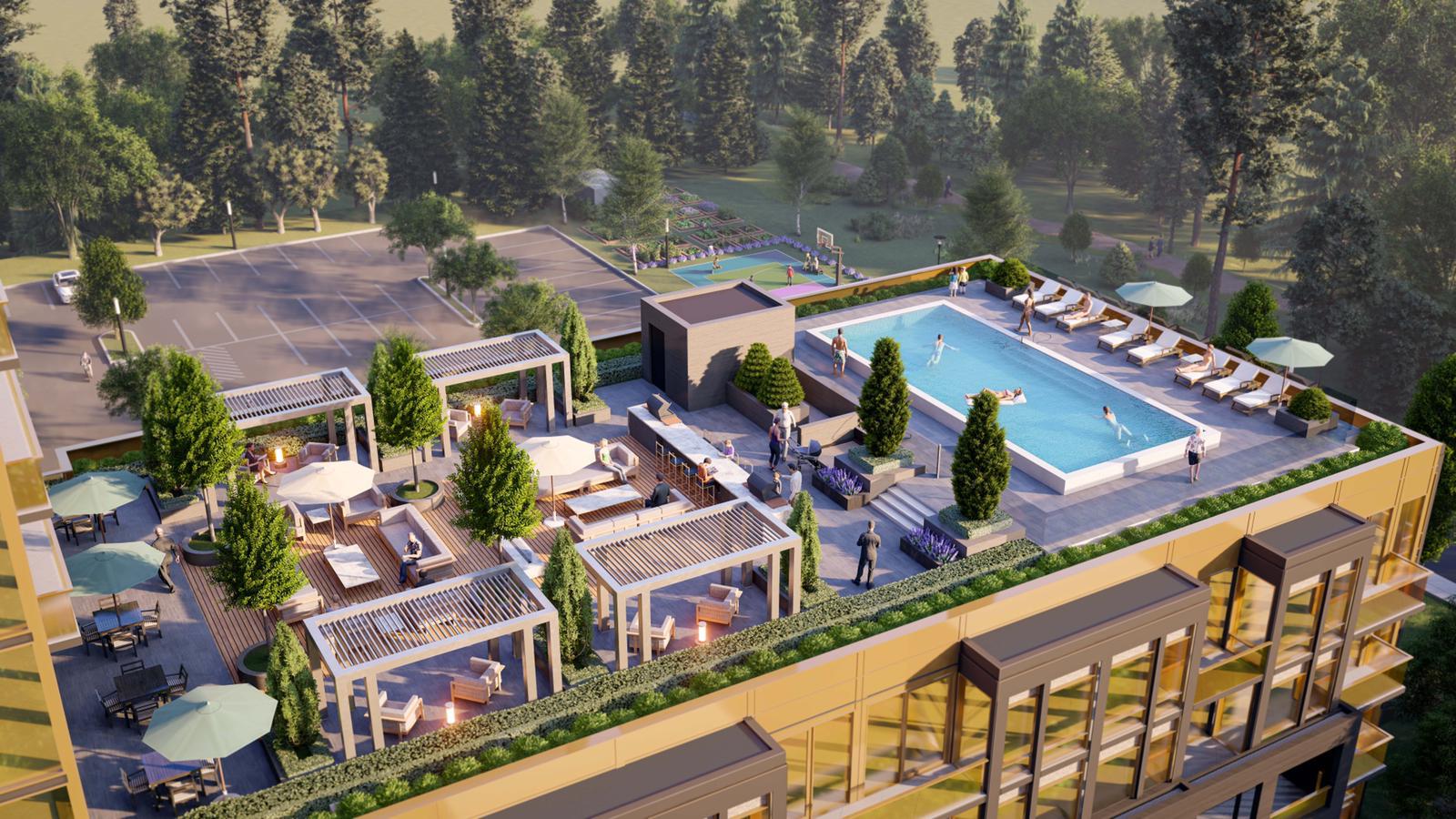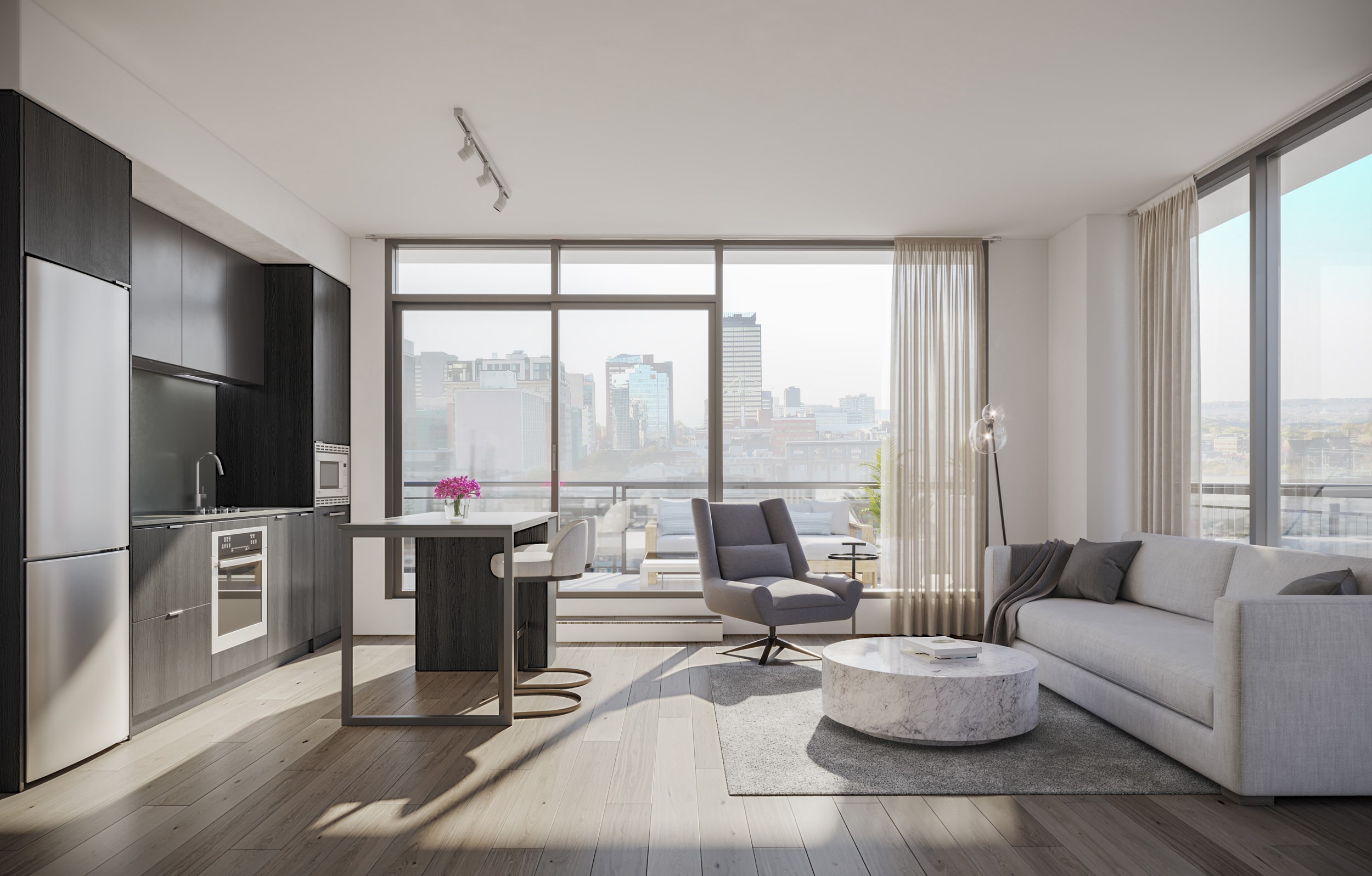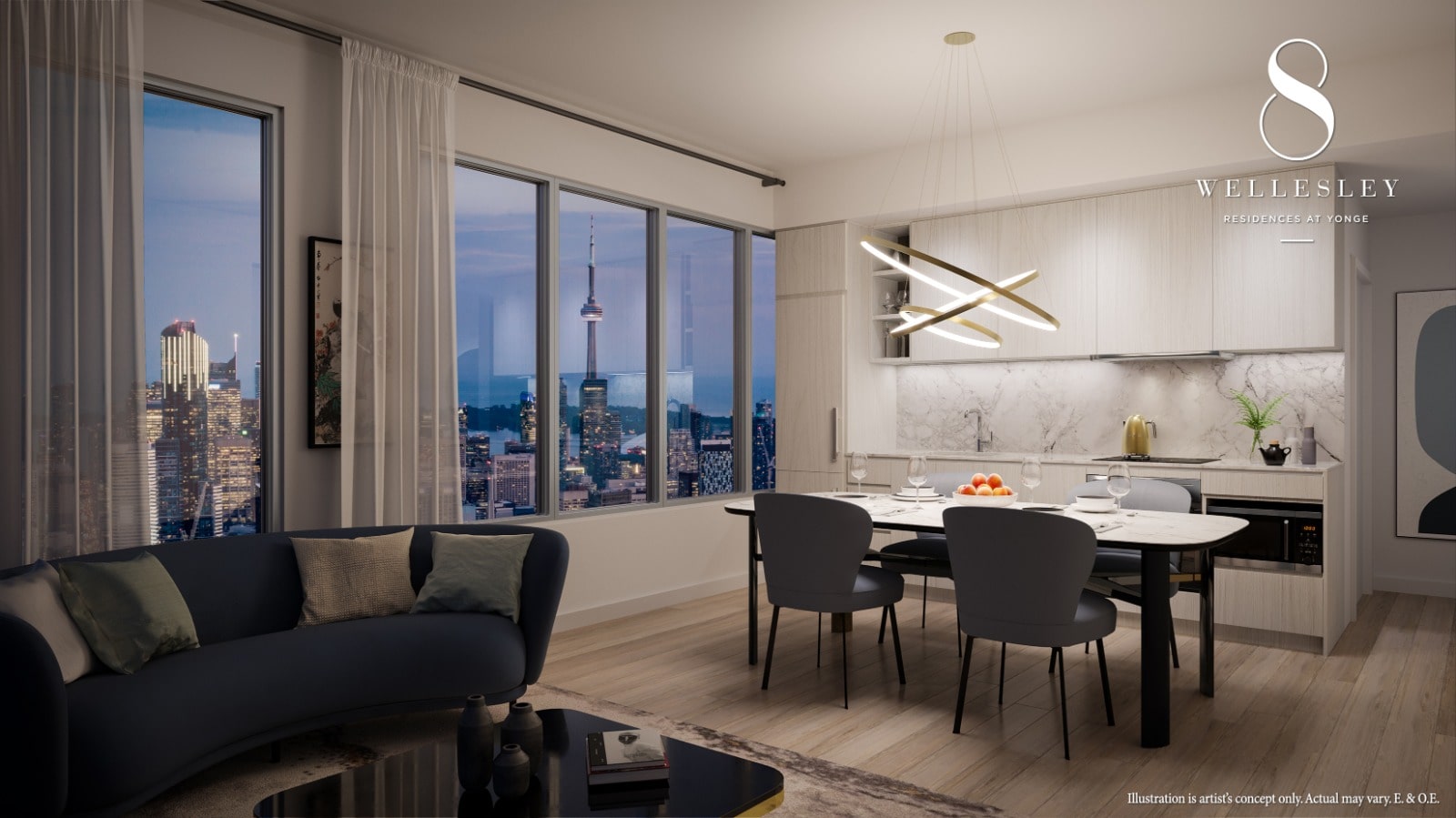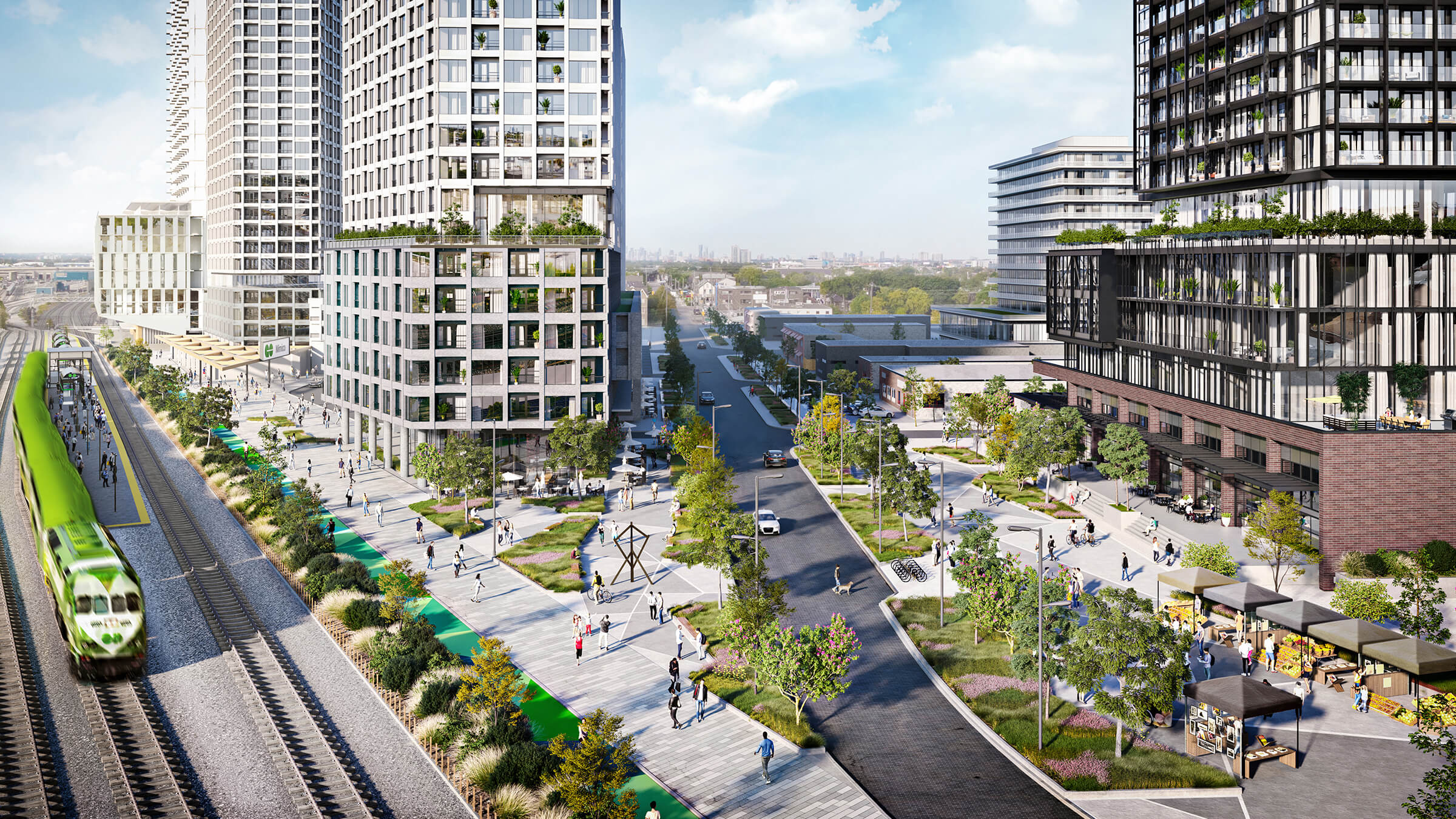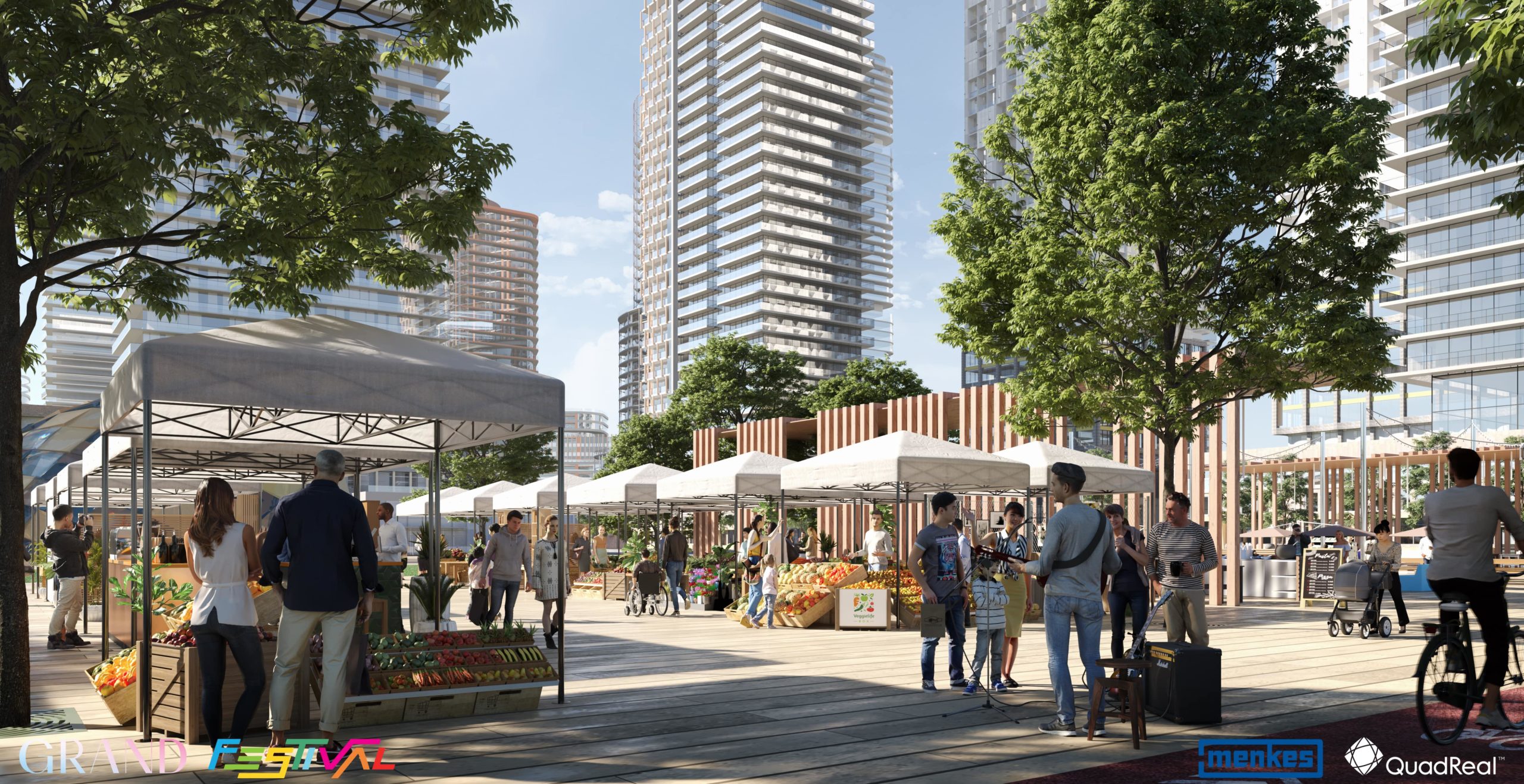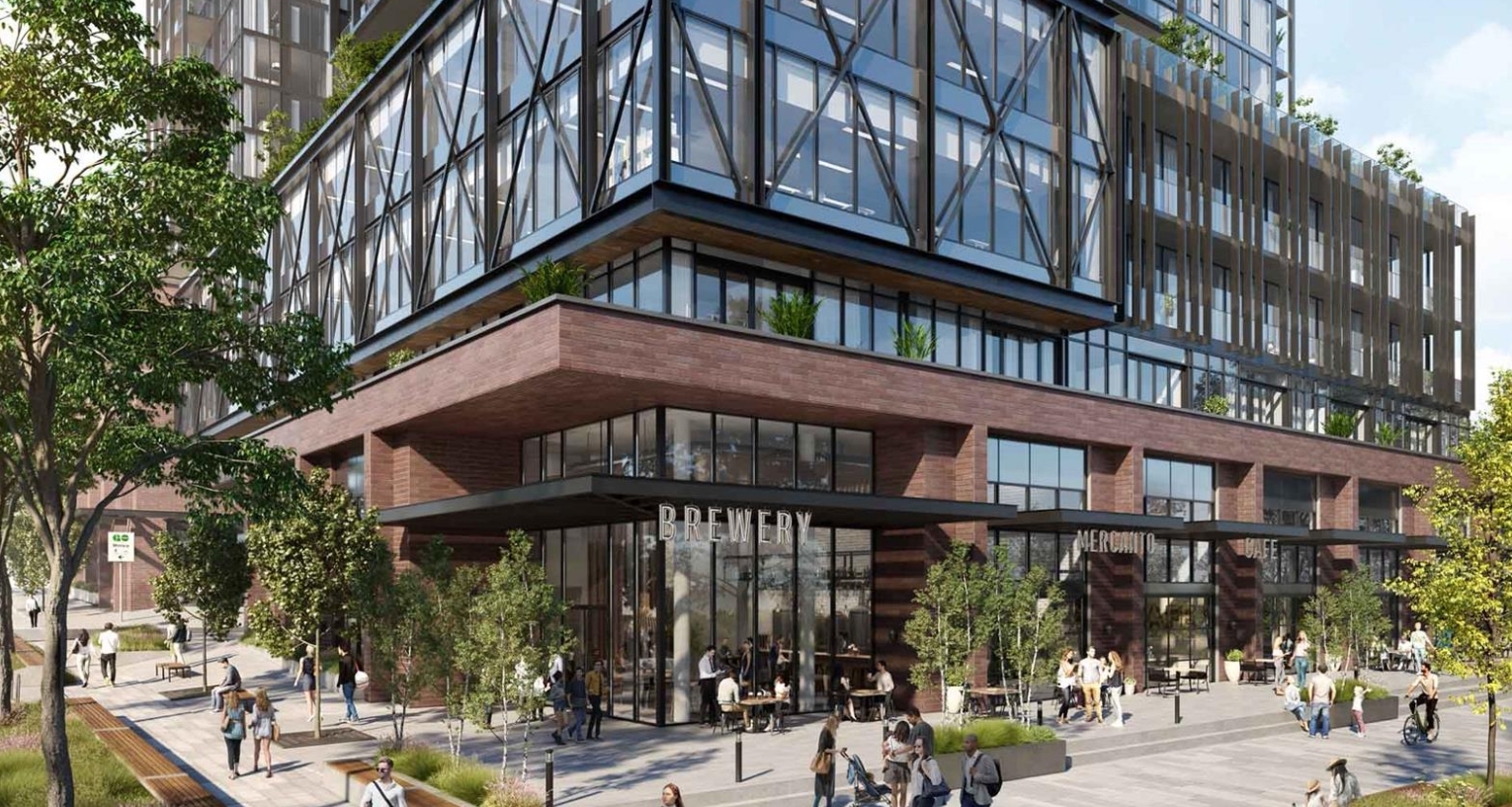
When it comes to purchasing a pre-construction condominium unit, we understand that it’s a big investment. In fact, it will probably be one of the biggest financial investments you will ever make. Many first-time and seasoned investors may have a lot of questions when it comes to purchasing a pre-construction condominium unit. There are many steps involved, usually more than purchasing a resale condo unit.
Our goal is to help all of our clients and provide them with accurate information and tools that they need in order to help them find a condominium unit that is right for them. We want to ensure that you have a seamless experience when you purchase a condominium unit. We believe that by providing you with the right information, you will be able to make a more informed decision about which condominium project you want as well as selecting the right location to invest in and the right floor plan. That’s why we created a detailed list of Frequently Asked Questions in order to answer any questions you may have.
Purchasing a condo comes with a variety of costs that you may not be aware of. In addition to the base purchasing price, condos also come with associated costs regarding:
● GST or HST taxes (including ones on included appliances). This one time tax covers the sales tax on the purchase of your condo, similar to sales tax you pay on the purchase of other goods and services.
● Applicable upgrades. Any upgrades you select, plus future renovations, will come as an additional cost.
● Utilities. You will be responsible for paying for select utilities in your condo. These usually include electricity, water, and heating.
● Parking. Most condos charge for a parking space. This may come as a one-time fee or as a recurring monthly fee.
This last point is worth mentioning, as they are usually high in the Toronto market. Both the city and province have their own prices here. For Ontario, expect to pay 0.5% on the first $55,000, 1.0% between $55,000 and $250,000, 1.5% on $250,000 and $400,000, and 2.0% on anything above those figures.
An occupancy fee is a required cost that every condo buyer must face when purchasing a new property. It’s completely normal and worth learning about.
You do not own your condo until it has been registered by the Land Registry system in Ontario, a process that takes time. While you do take occupancy of your condo first, ownership does not kick in until registration. This period of time between is known as “interim occupancy.”
Interim periods can last between 3 to 6 months, but it’s not easy to predict the duration. The floor of the building your condo resides in can affect the interim, as can the type of room. A penthouse typically calls for shorter occupancy times.
If you move in before ownership, you may have to pay the condo developer occupancy fees. The amount is typically the interest on the outstanding balance of the purchasing price.
For instance, if the condo costs $350,000, and you’ve paid $50,000 already, then the outstanding balance is $300,000. Expect the occupancy fee to be approximately the interest payments on that $300,000.
If you’re an Ontario buyer interested in purchasing a Pre-Construction Residence directly from a home builder, you should consider Section 73 of the Condominium Act. The law grants you a 10-day cooling-off period when you can fully rescind the sales agreement for any reason.
With so many aspects of the transaction to consider, many condo buyers feel uneasy about signing the final contract in fears that they might have missed something or might regret a decision later. This cooling-off period eases the tension in condo buying.
Past the 10-day limit, cancelling a transaction is much more difficult and time-consuming. Ensure that you understand how this law works and how you can use it to make condo buying a more fruitful experience for yourself. Some facts to keep in mind are:
● The 10 days include weekends, not just business days.
● The cooling-off period only applies when you purchase a pre-construction condo from a builder directly. No other type of sale uses this period.
● The period only applies to Ontario transactions. Other provinces like British Columbia have similar policies, but you should look into the specifics if you buy there.
● A smart way to use this time is to get in contact with a mortgage broker or bank to ensure that your finances are in order. Also, go over the terms of the agreement with a lawyer to check for unfavorable parts.
Understanding your rights as a condo buyer will make the purchasing process much easier and less risky.
● If the sales price of the property is less than $500,000, the minimum down payment for you is 5% of the full price.
● If the price is between $500,000 and $999,999, the minimum down payment is the sum of 5% of the first $500,000 and 10% of the portion above $500,000.
● If the price is above $1 million, the minimum is 20% of the purchasing price.
Another consideration is that having poor credit history or being self-employed may raise your required down payment.
It’s always wise to pay the down payment out of your own pocket completely to avoid debt later down the line. The government of Canada offers a first-time buyer incentive where it will offer financing without interest to reduce later monthly payments.
The organization does specify a specific method for determining floor space, but remember that you cannot claim warranty coverage on these calculations. If you find an issue with the final floor space of your condo property, work with your builder and consult with a lawyer about your options.
If you haven’t made a transaction yet, take time to discuss with the builder the policy on square footage. Builders are typically not required by law to state this figure in advertising materials.
If the calculations are drastically different than what you agreed to, you may need to take legal action to reach a suitable conclusion.
What happens when you purchase a newly-constructed condo, but it won’t be ready on time? You generally should clear up with your lawyer the details regarding possible delays before signing. However, there are still options available to you should delays impact your transaction.
For Ontario specifically, the mandatory Ontario New Home Warranty Program (now known as Tarion) protects condo owners from delays. Tarion sets a schedule of deadlines that the builder must keep up with. If any delays occur without proper notice, the owner may claim up to $7,500.
Other provinces have their own similar policies as well:
● British Columbia’s Homeowners Protection Act
● Manitoba’s New Home Warranties Act
● Alberta’s New Home Buyer Protection Act
● Quebec’s Guarantee Plan for New Residential Buildings
● Atlantic Canada’s Atlantic Home Warranty Program
Get in touch with your lawyer to discuss the details, and keep in mind that most provinces have policies regarding construction delays.
